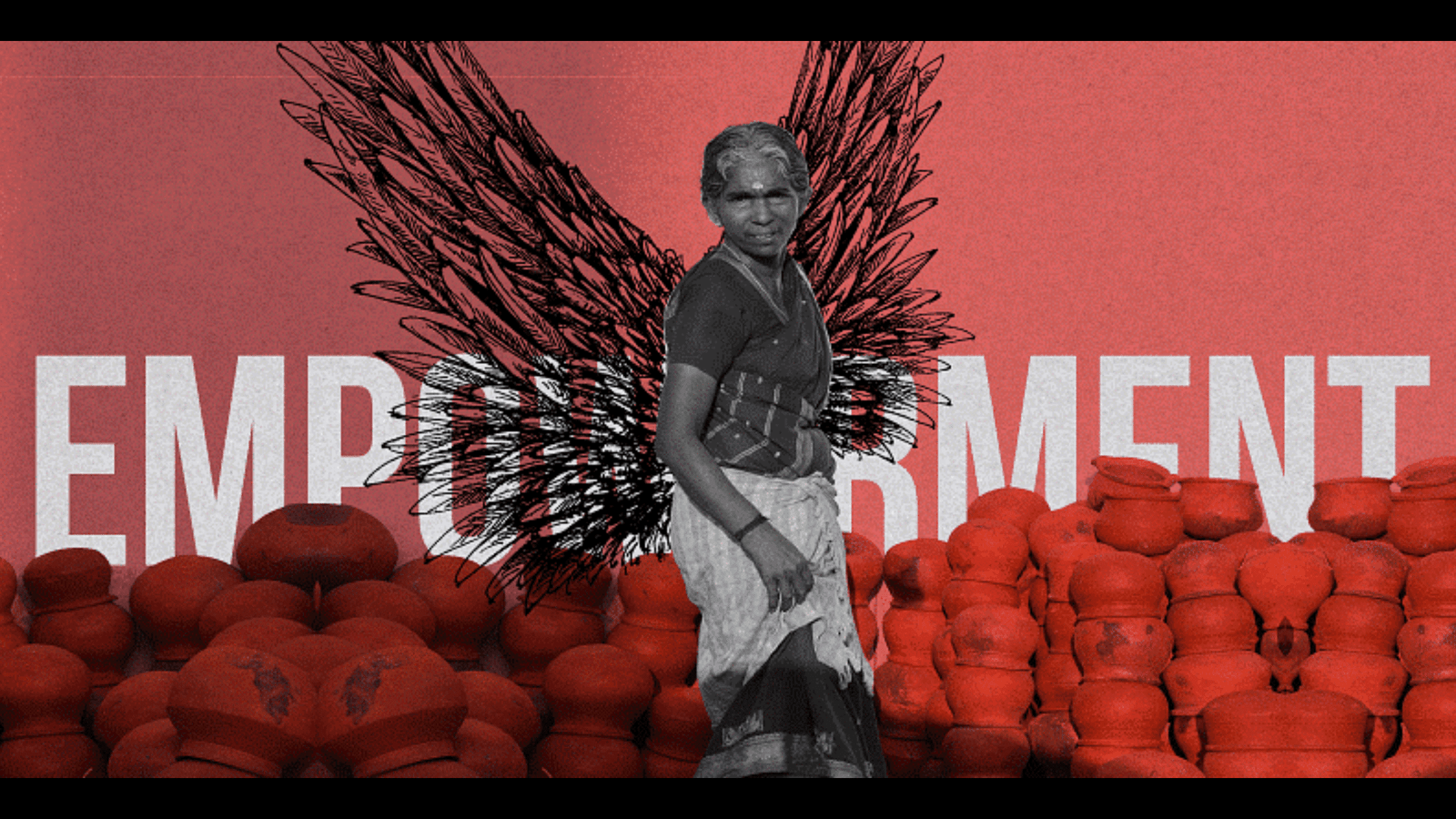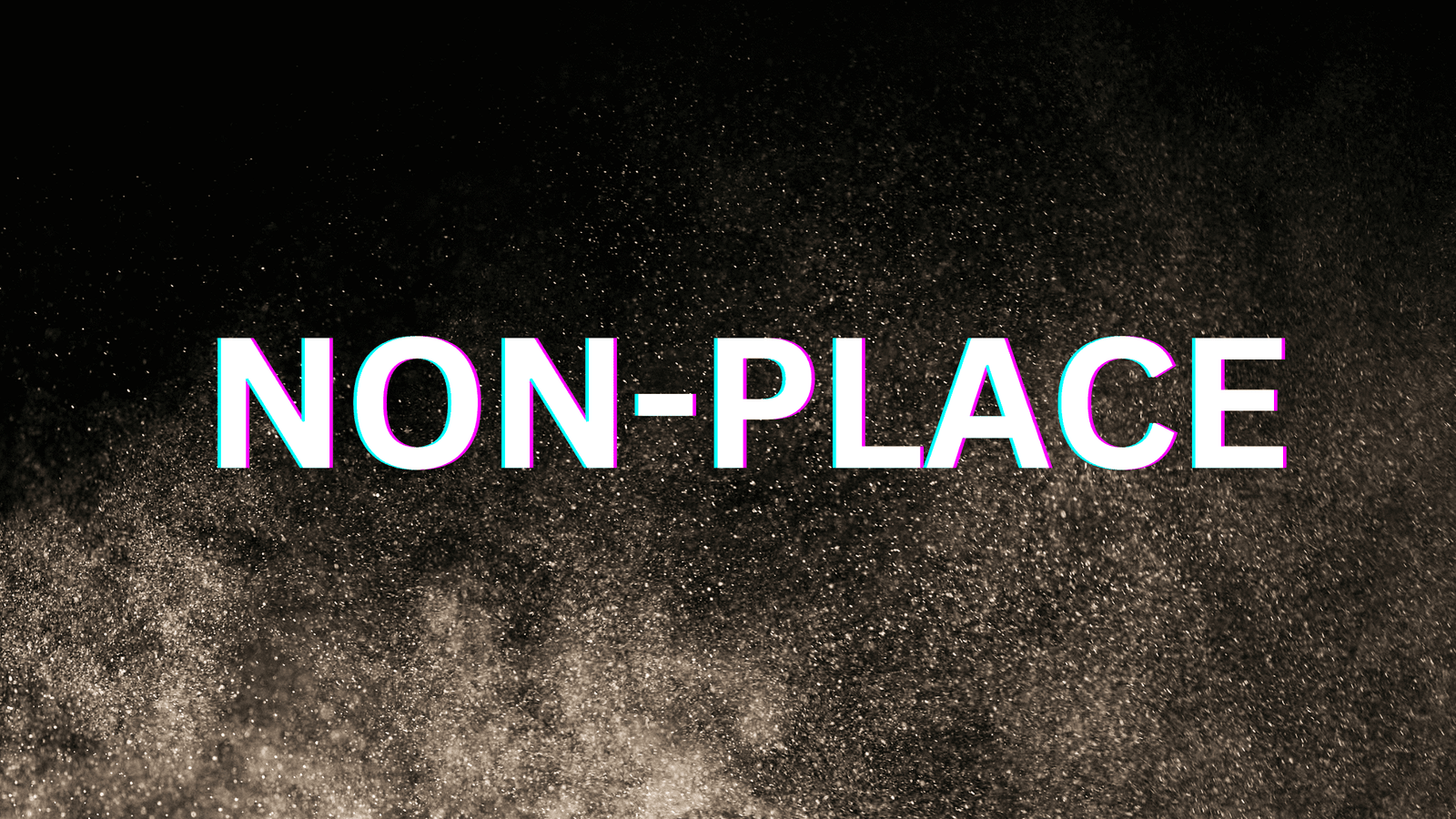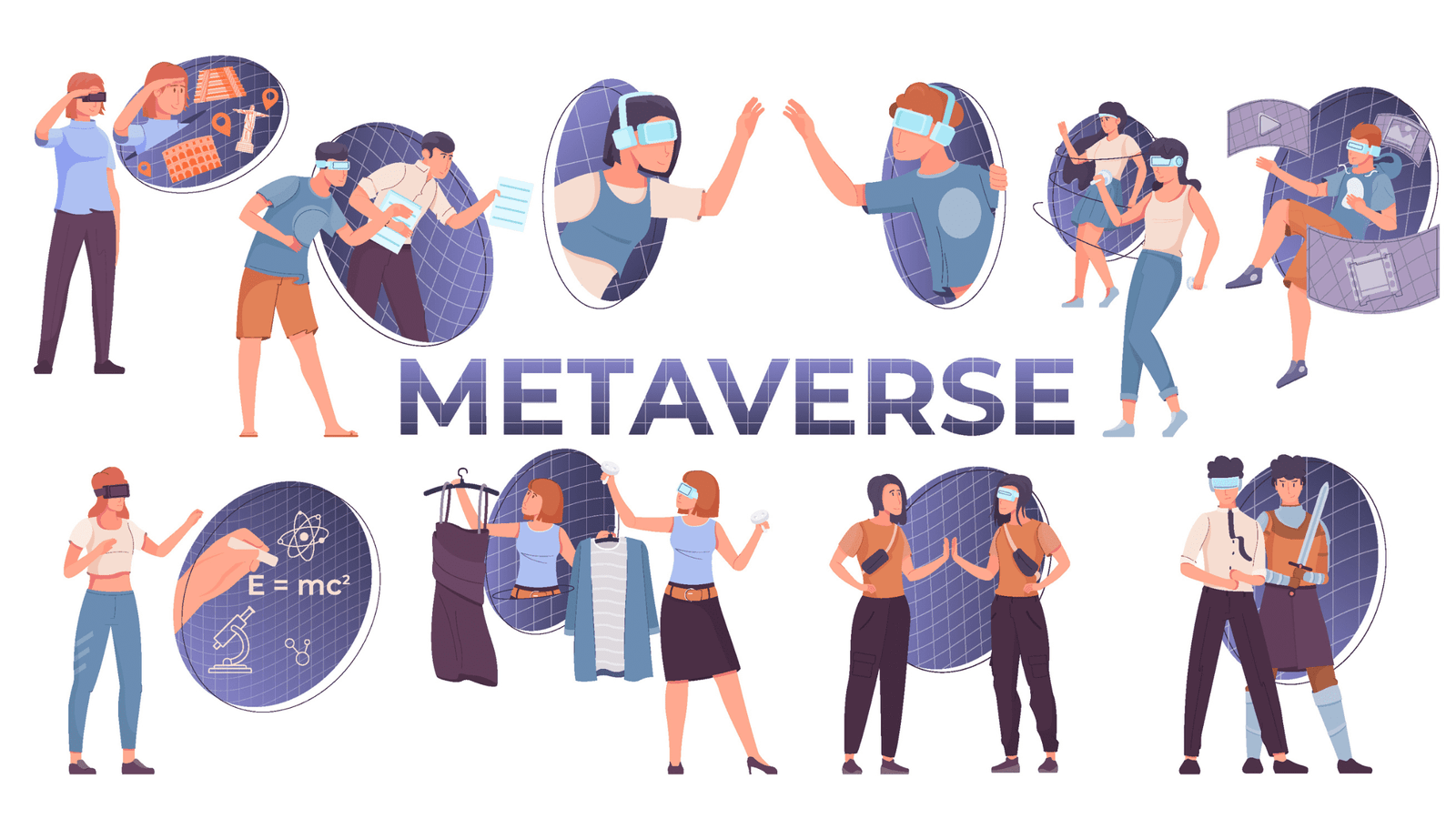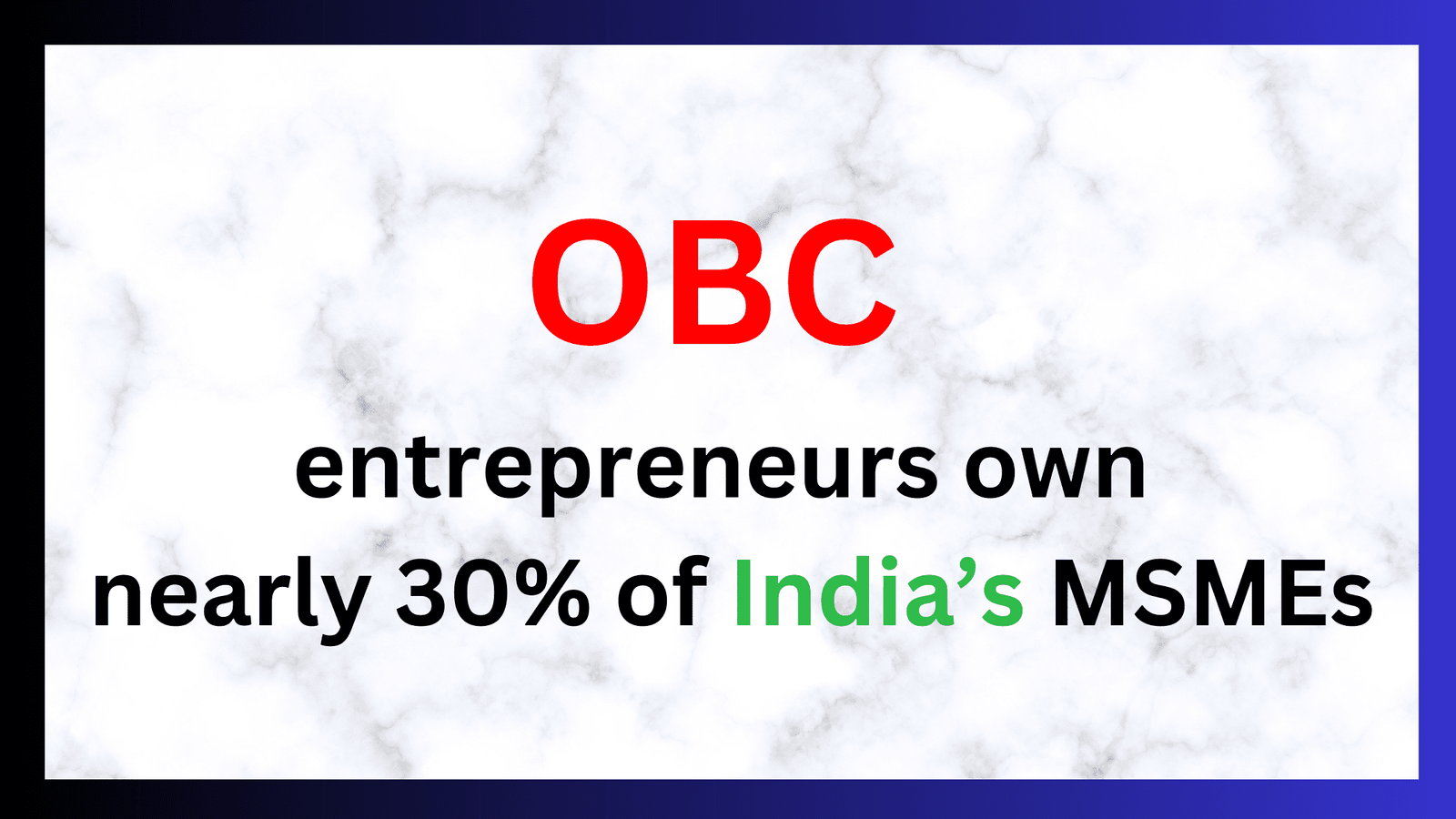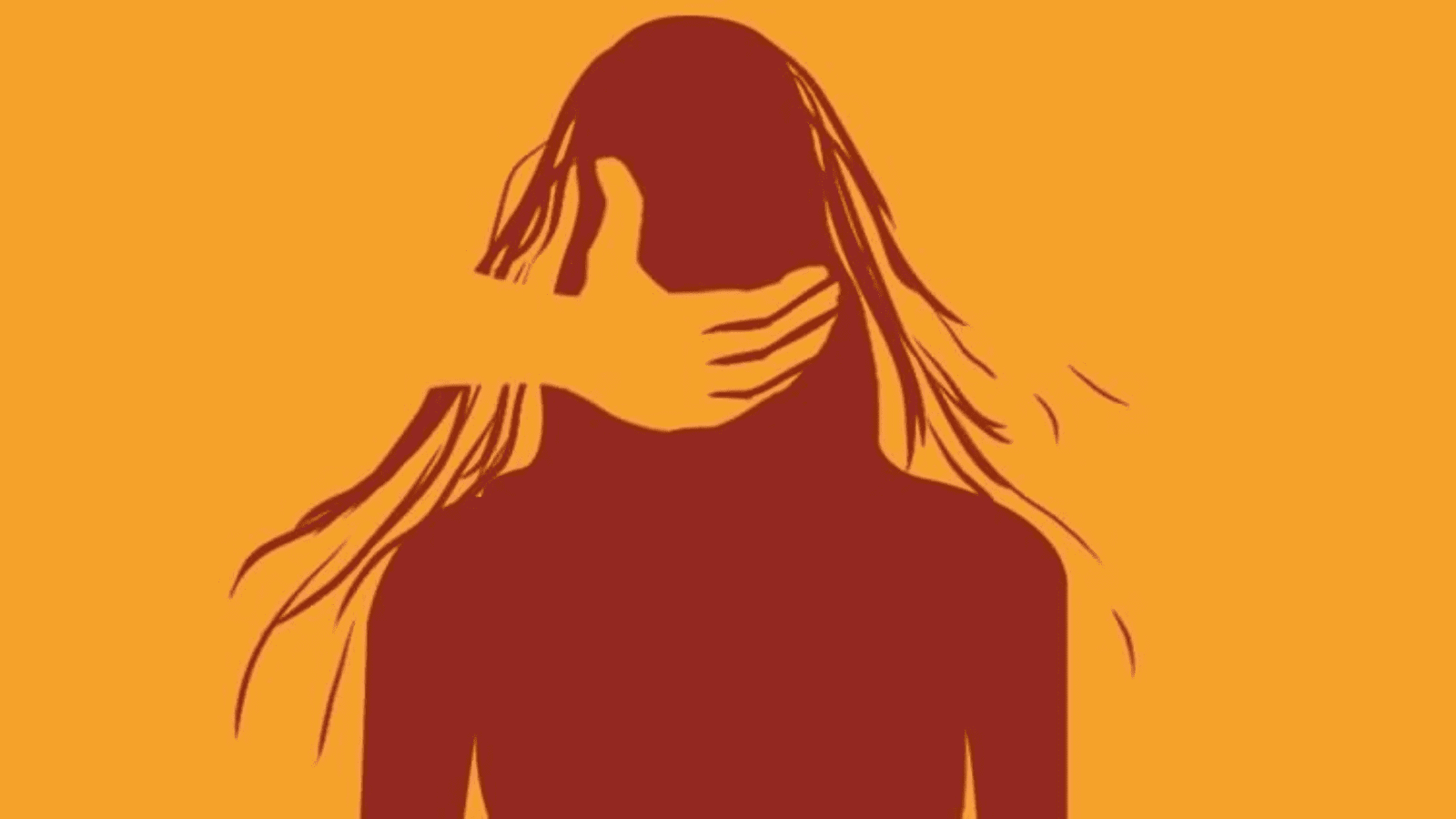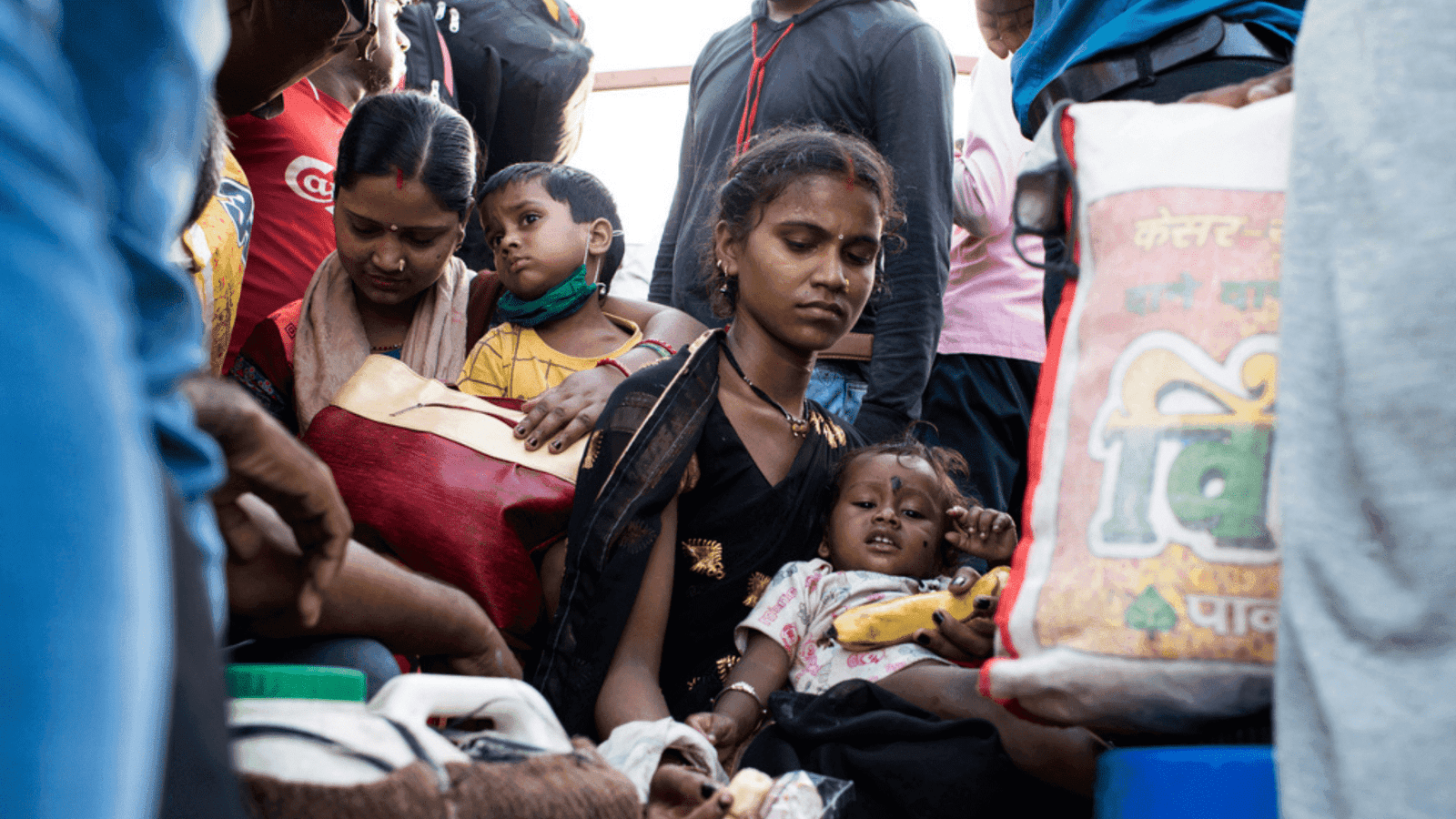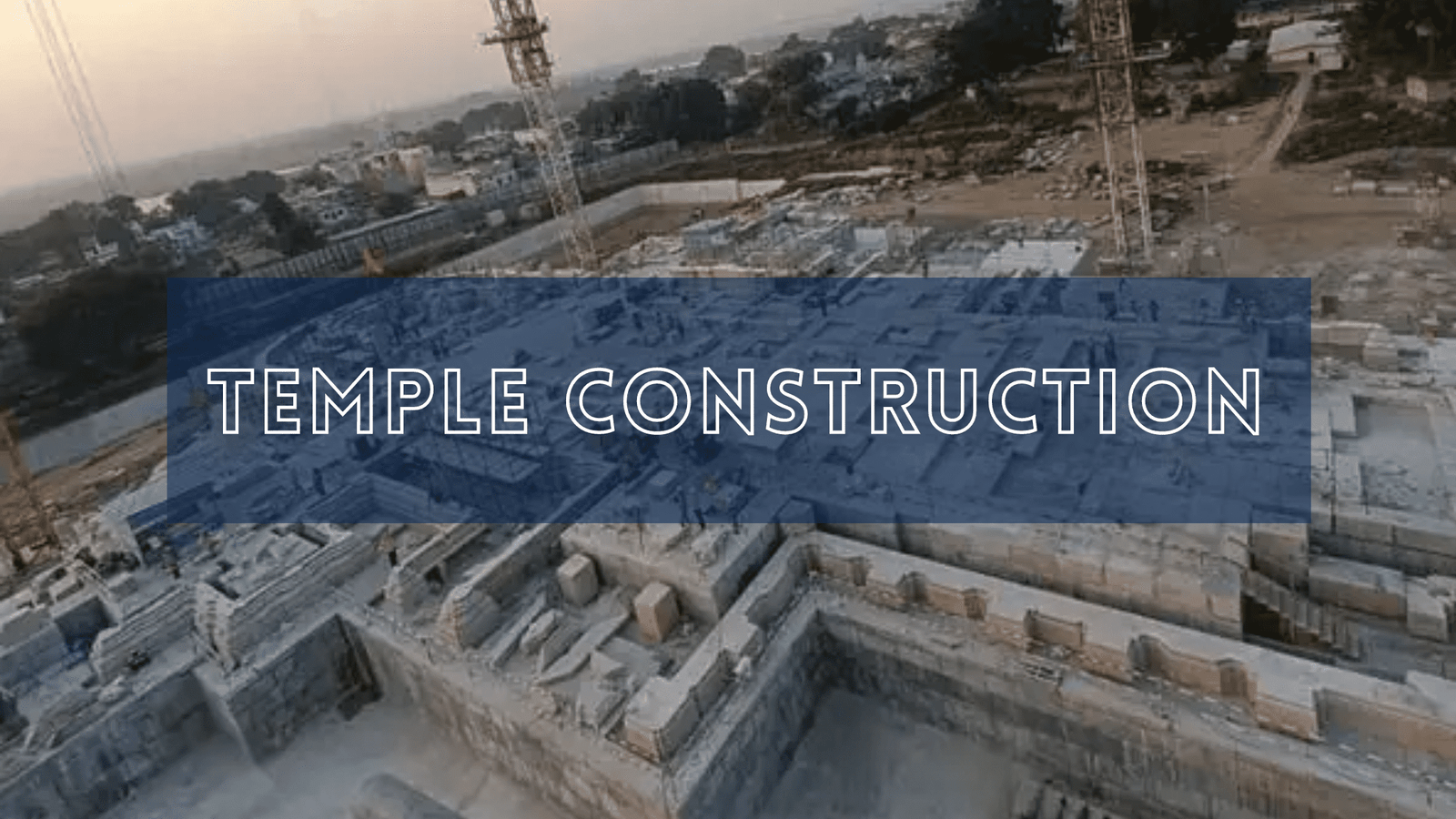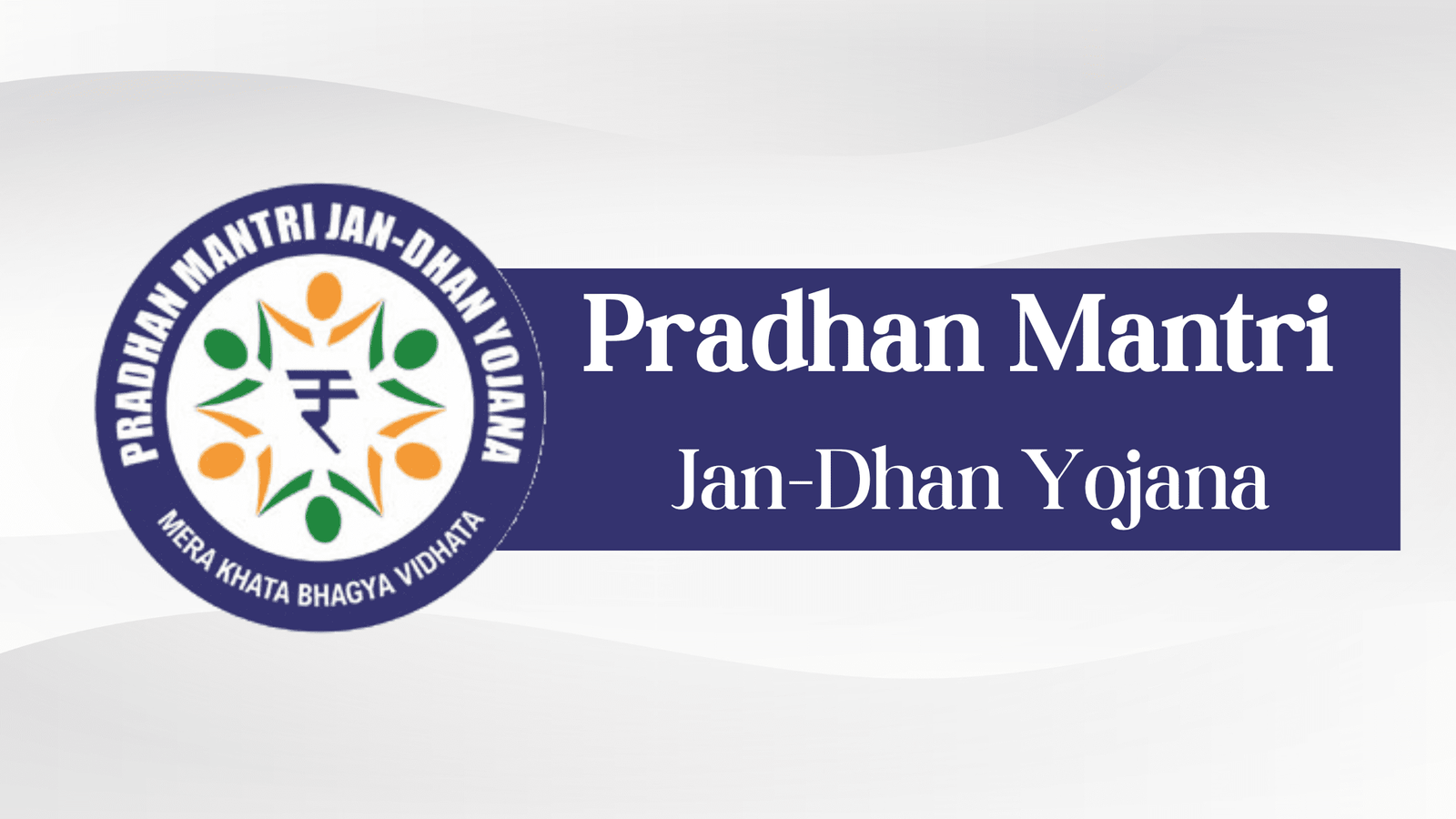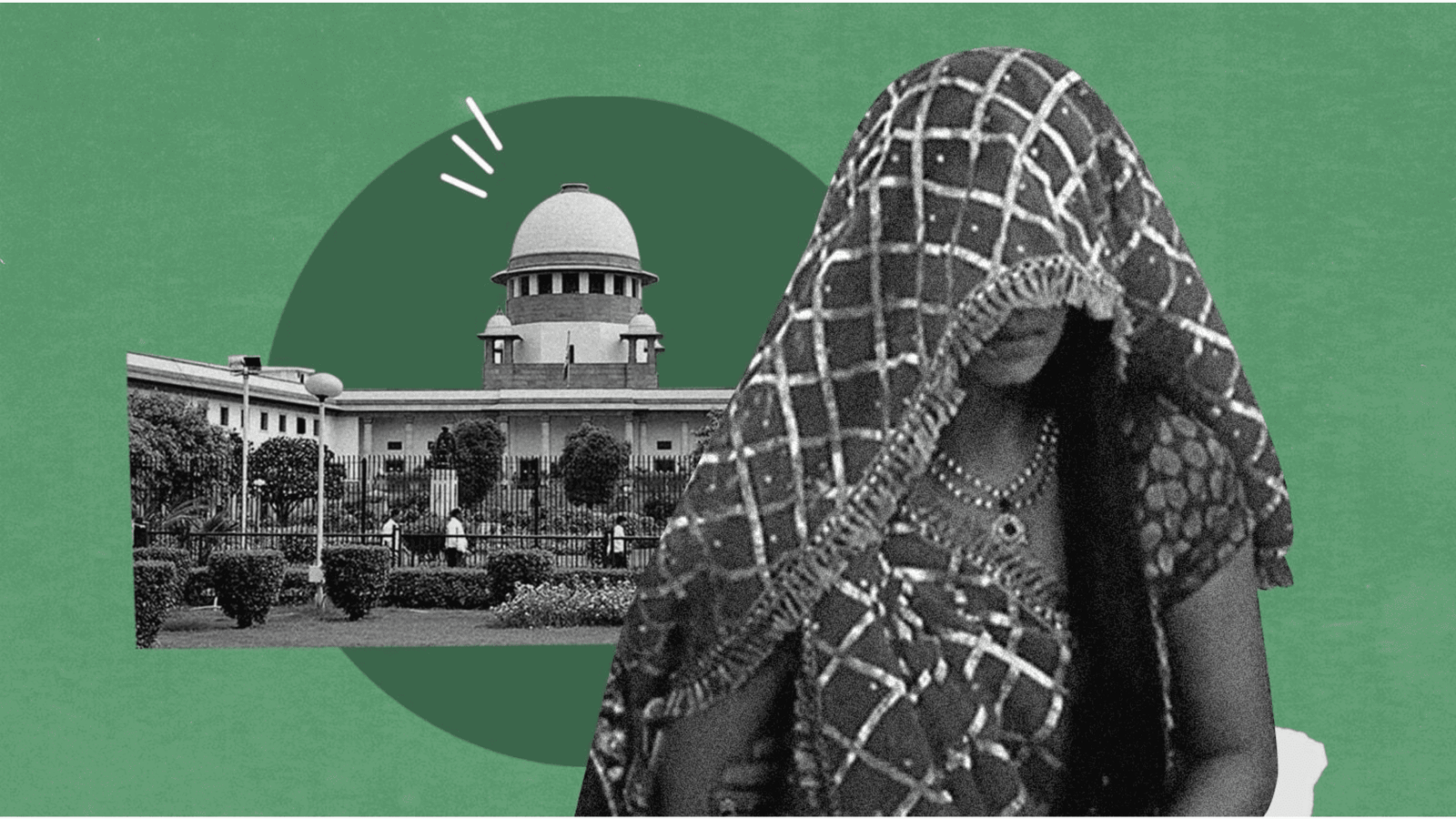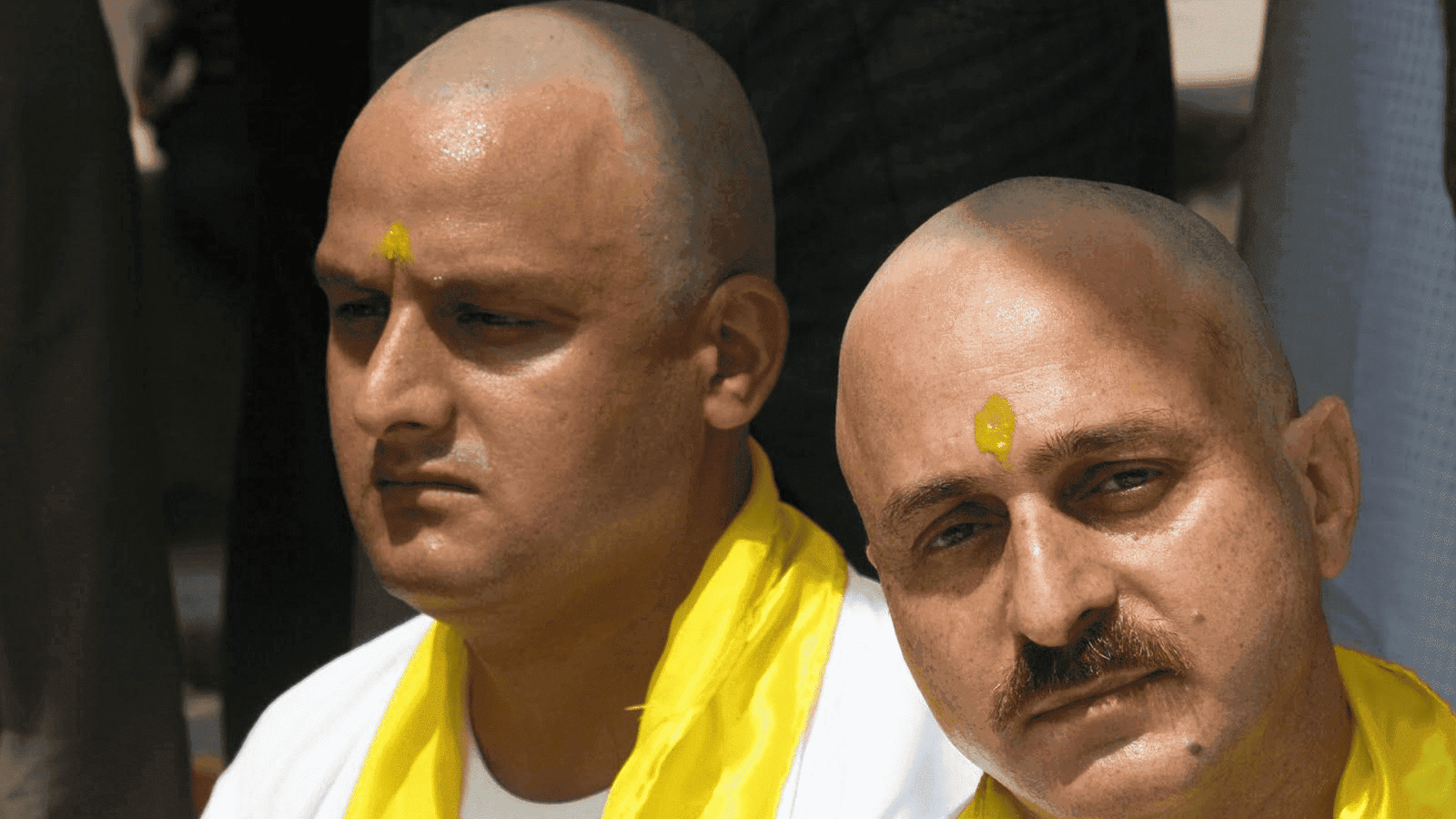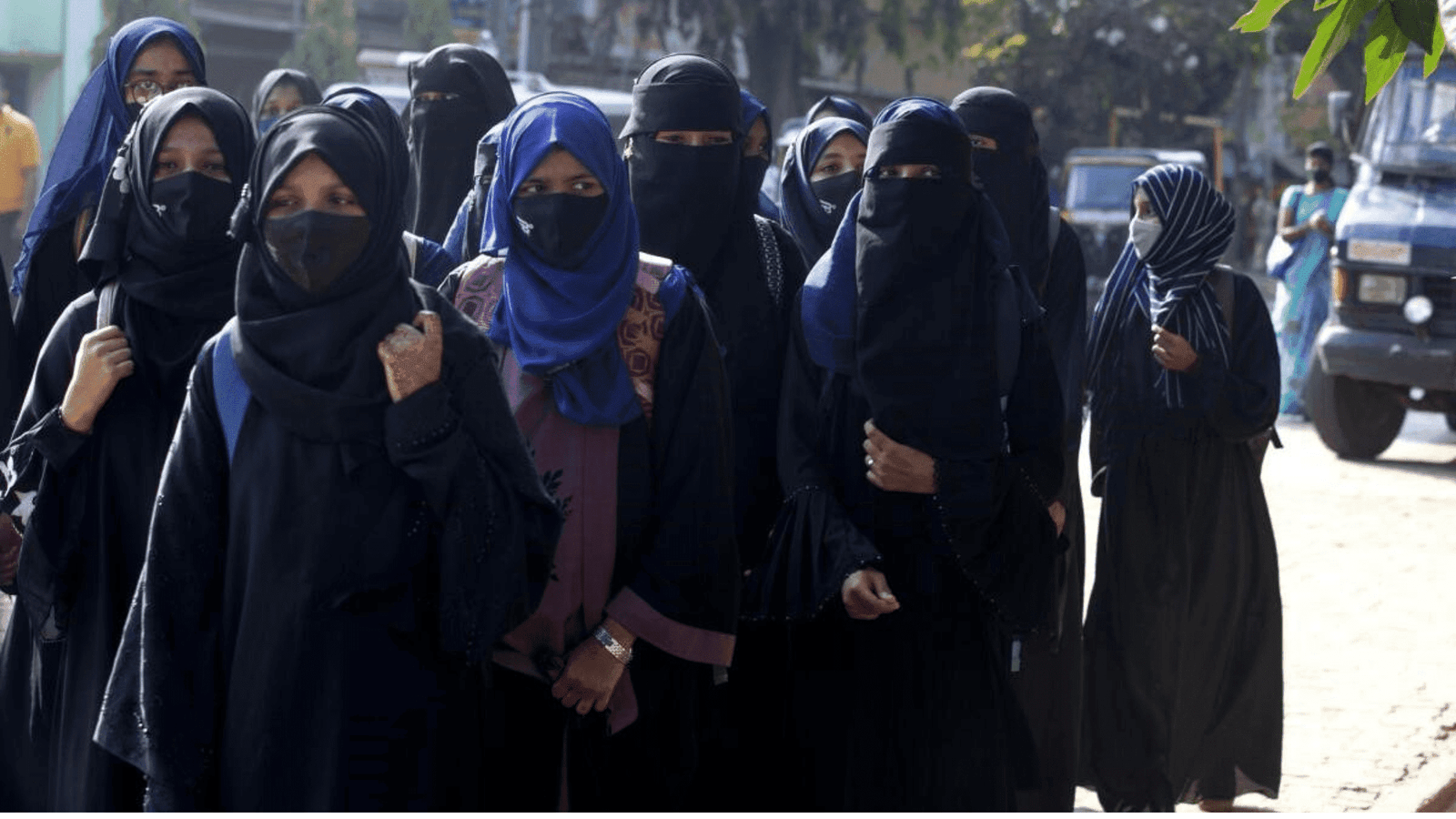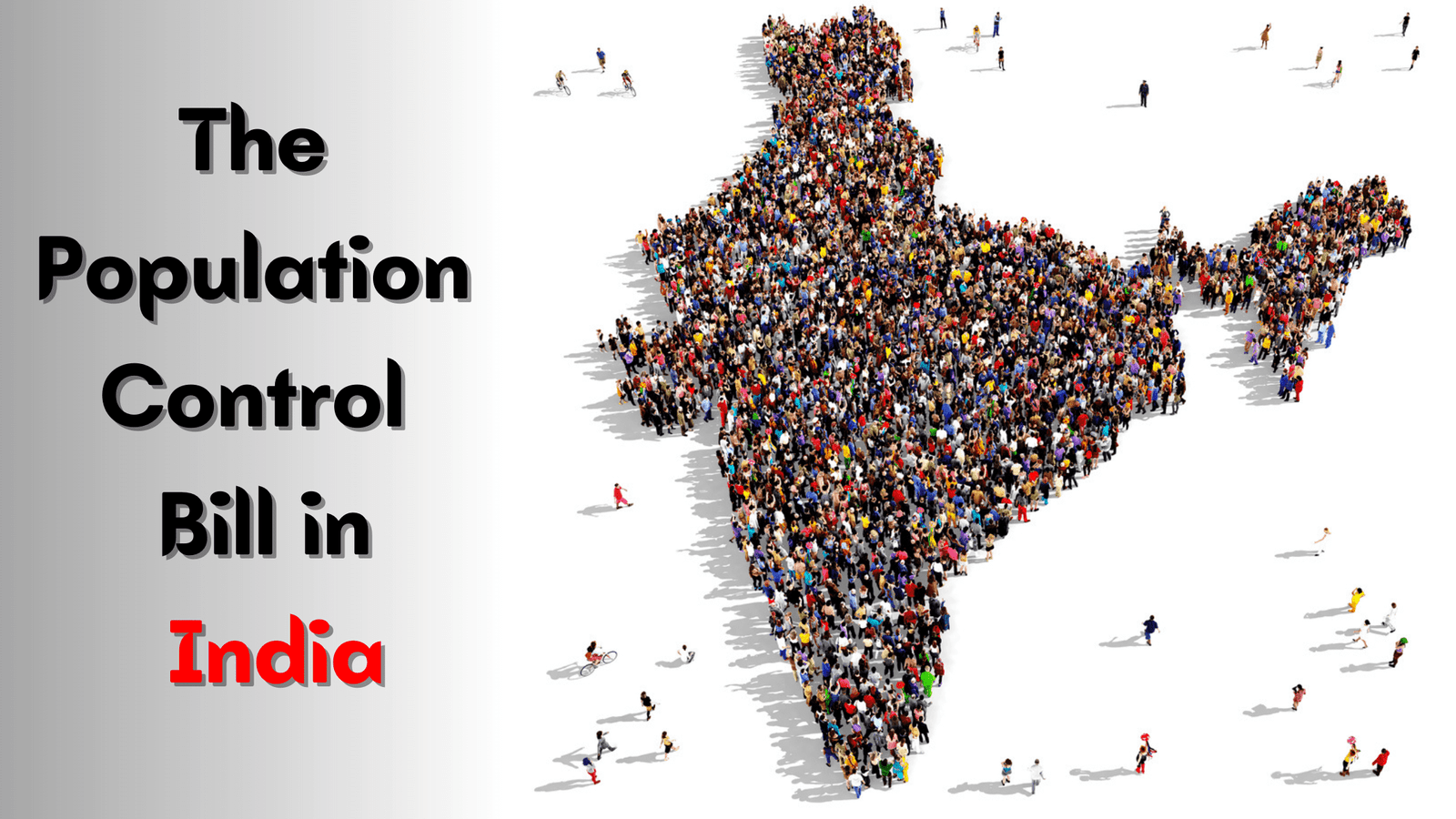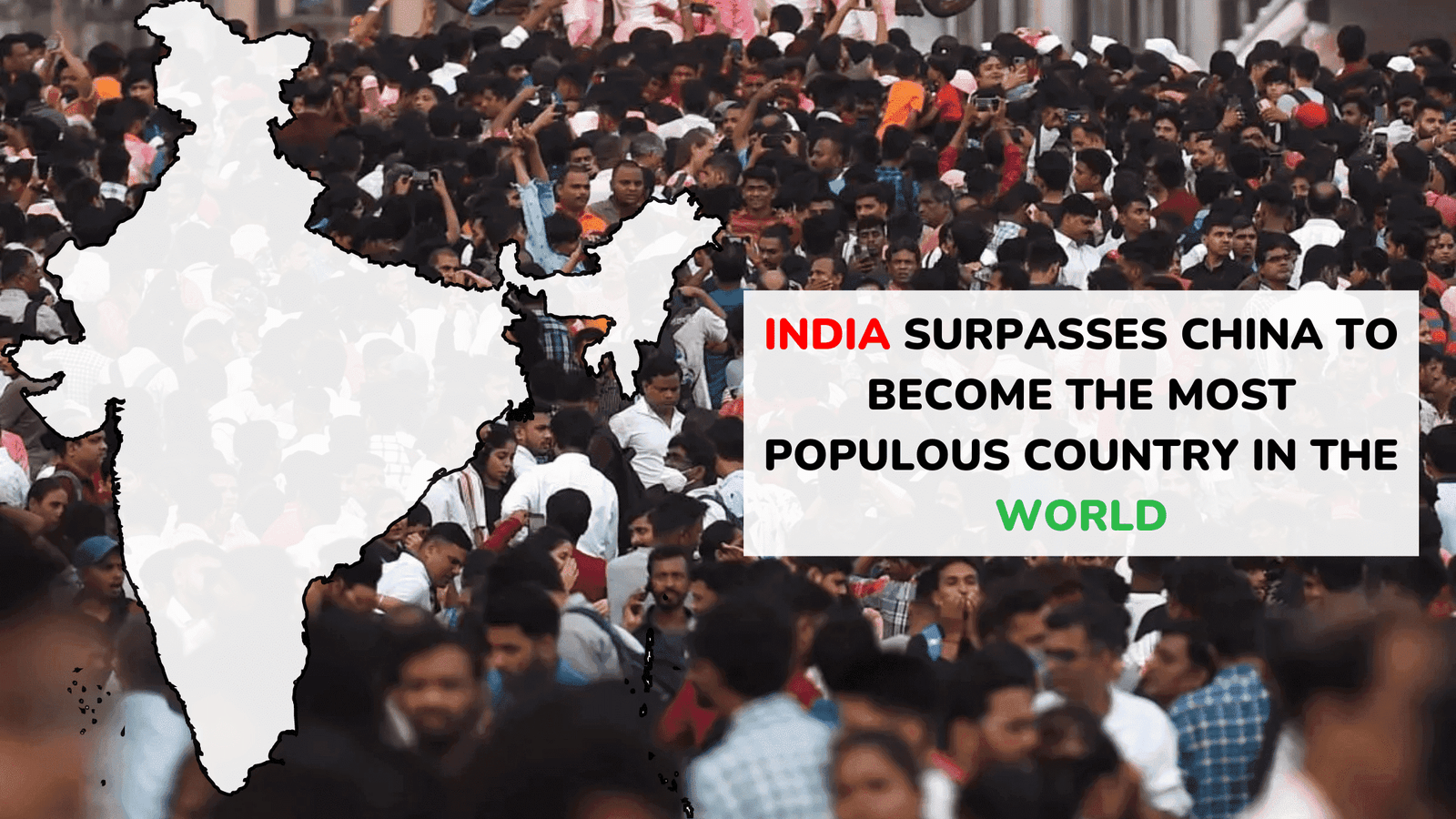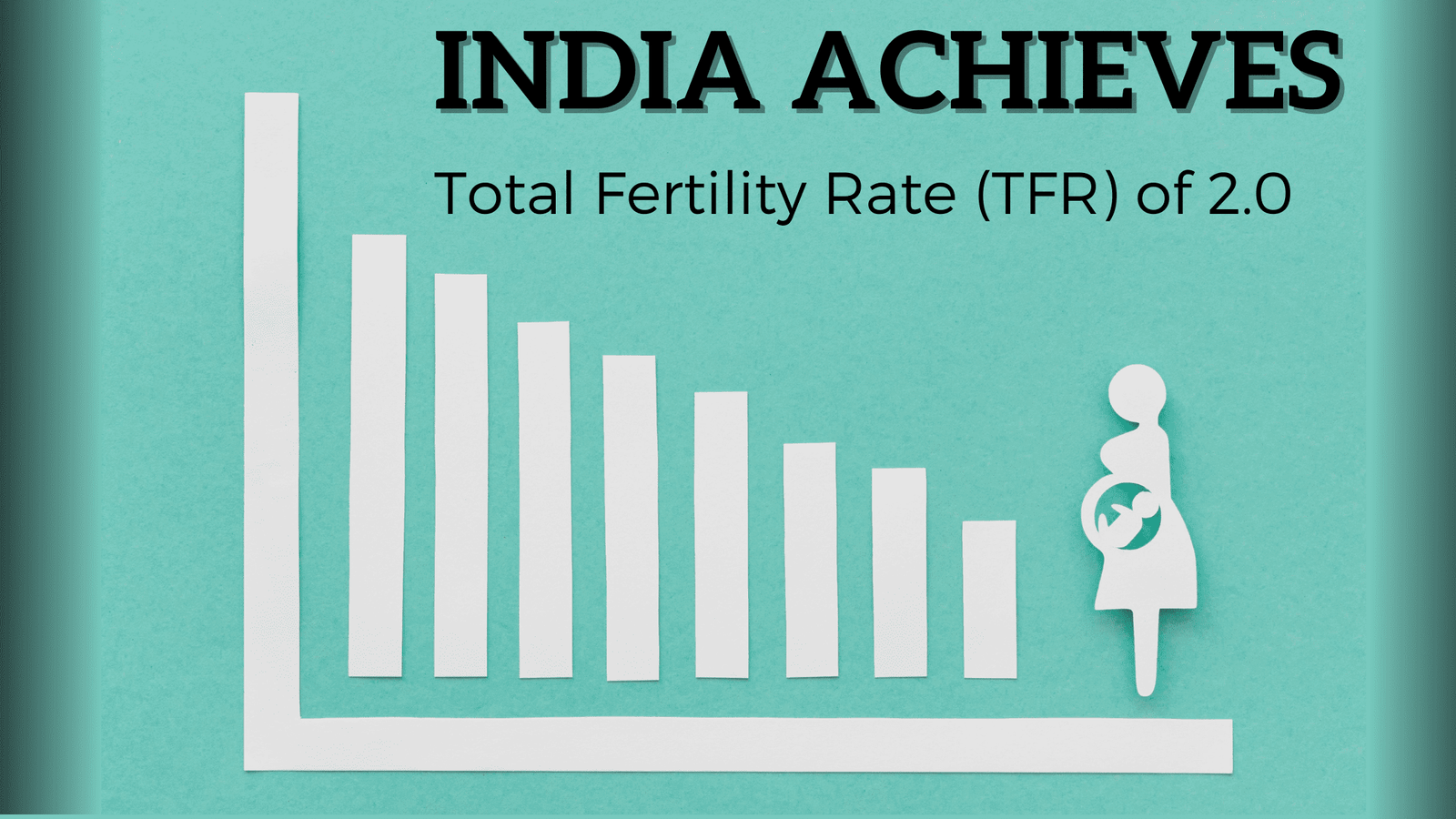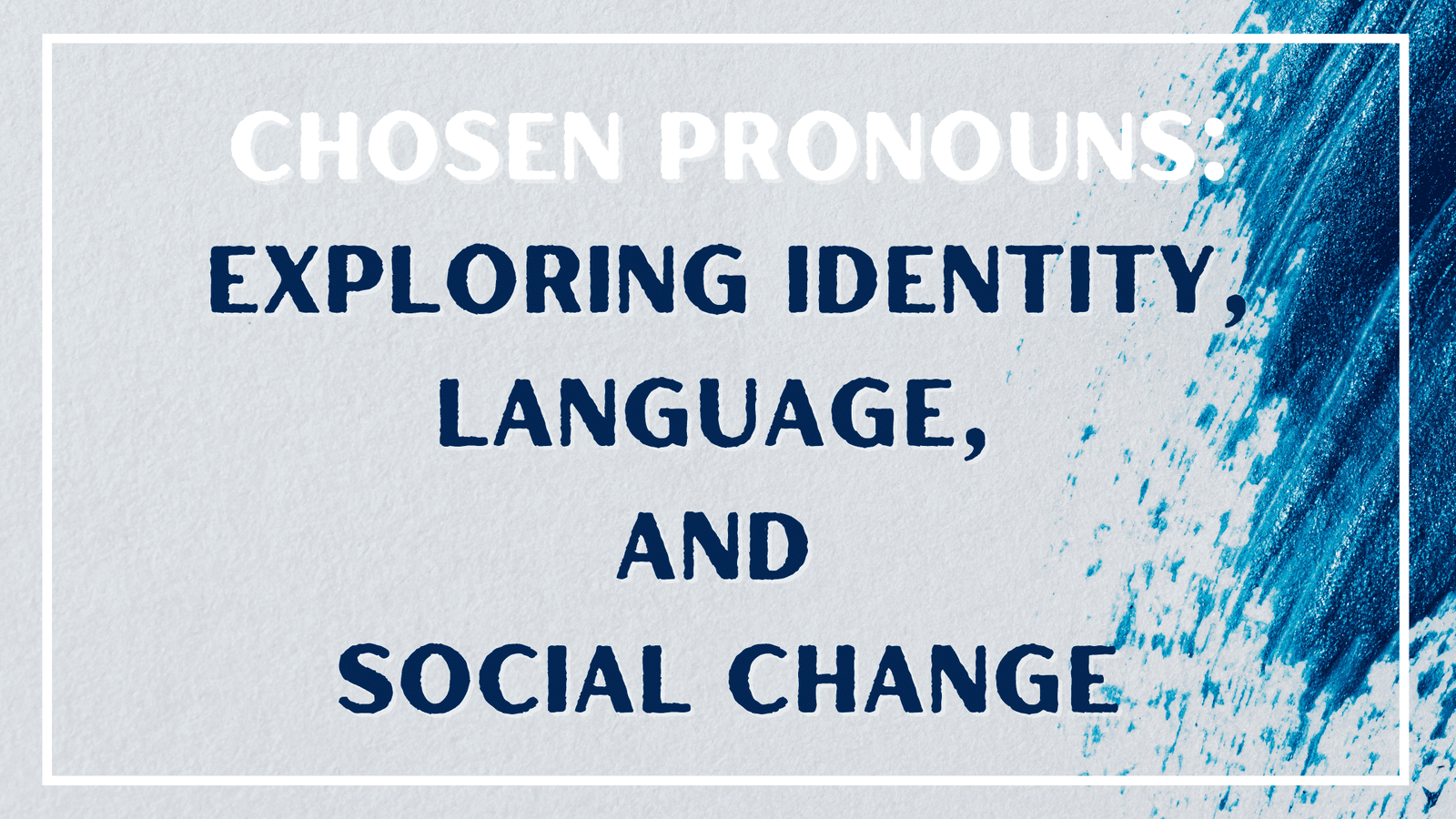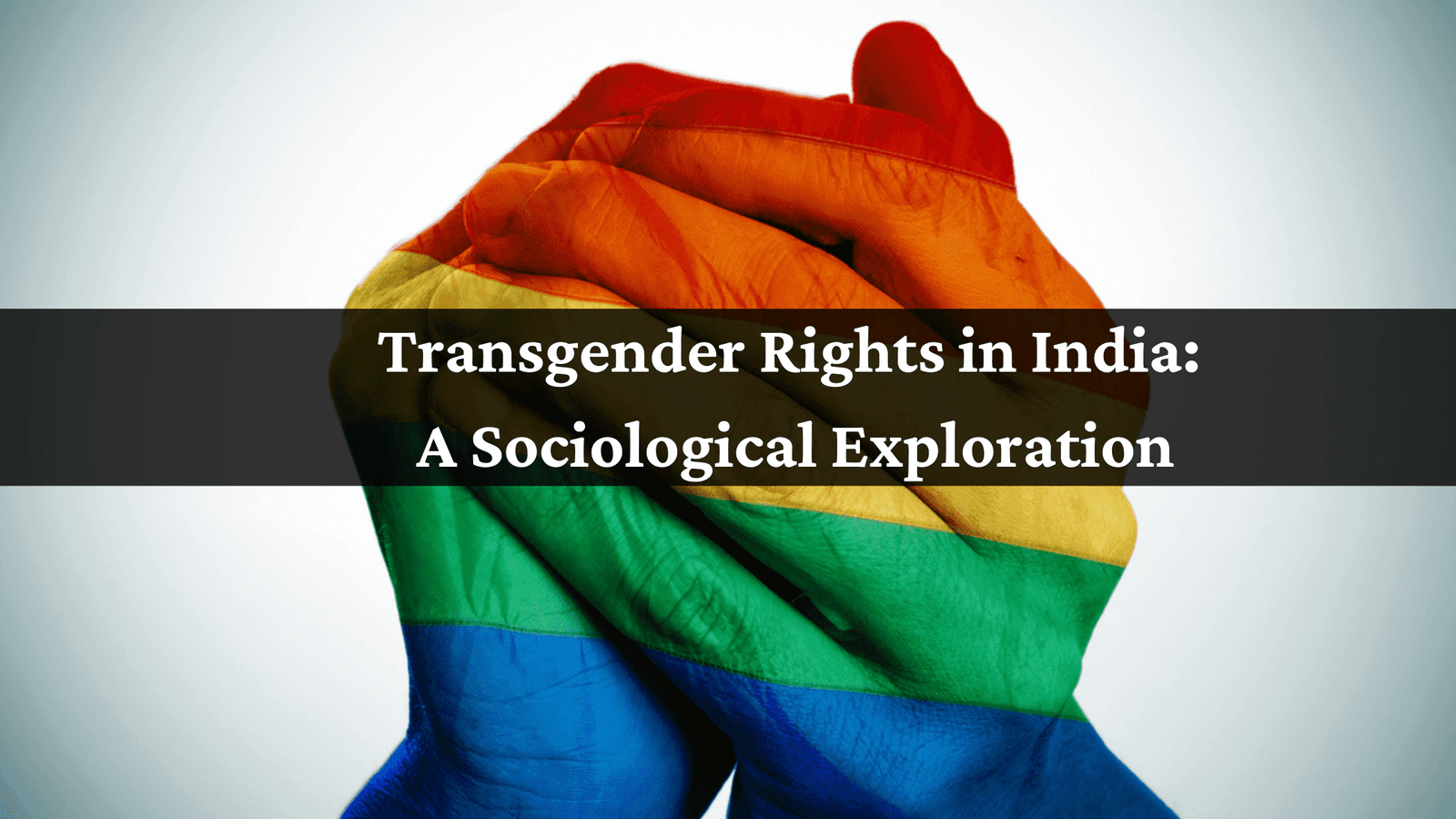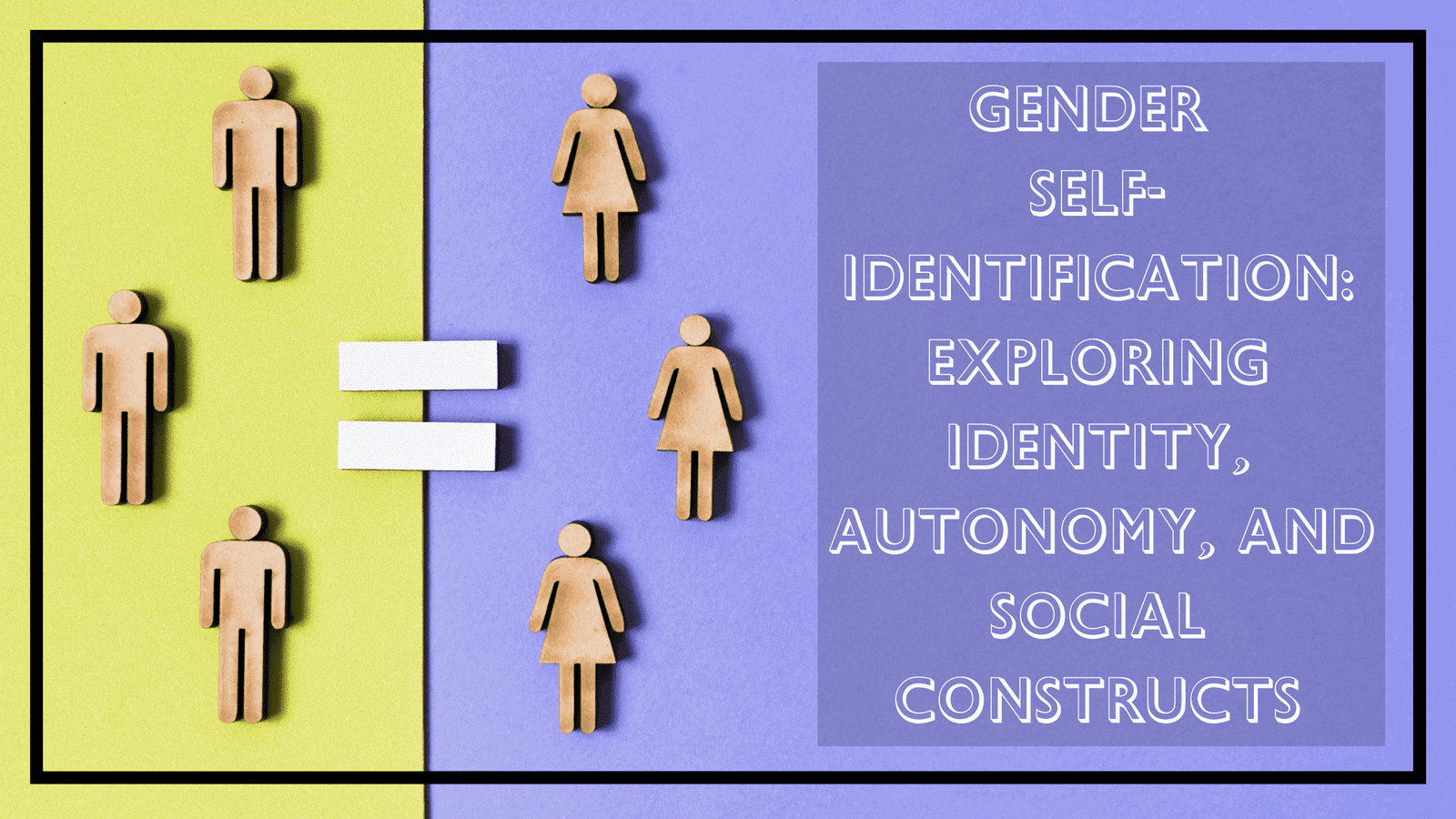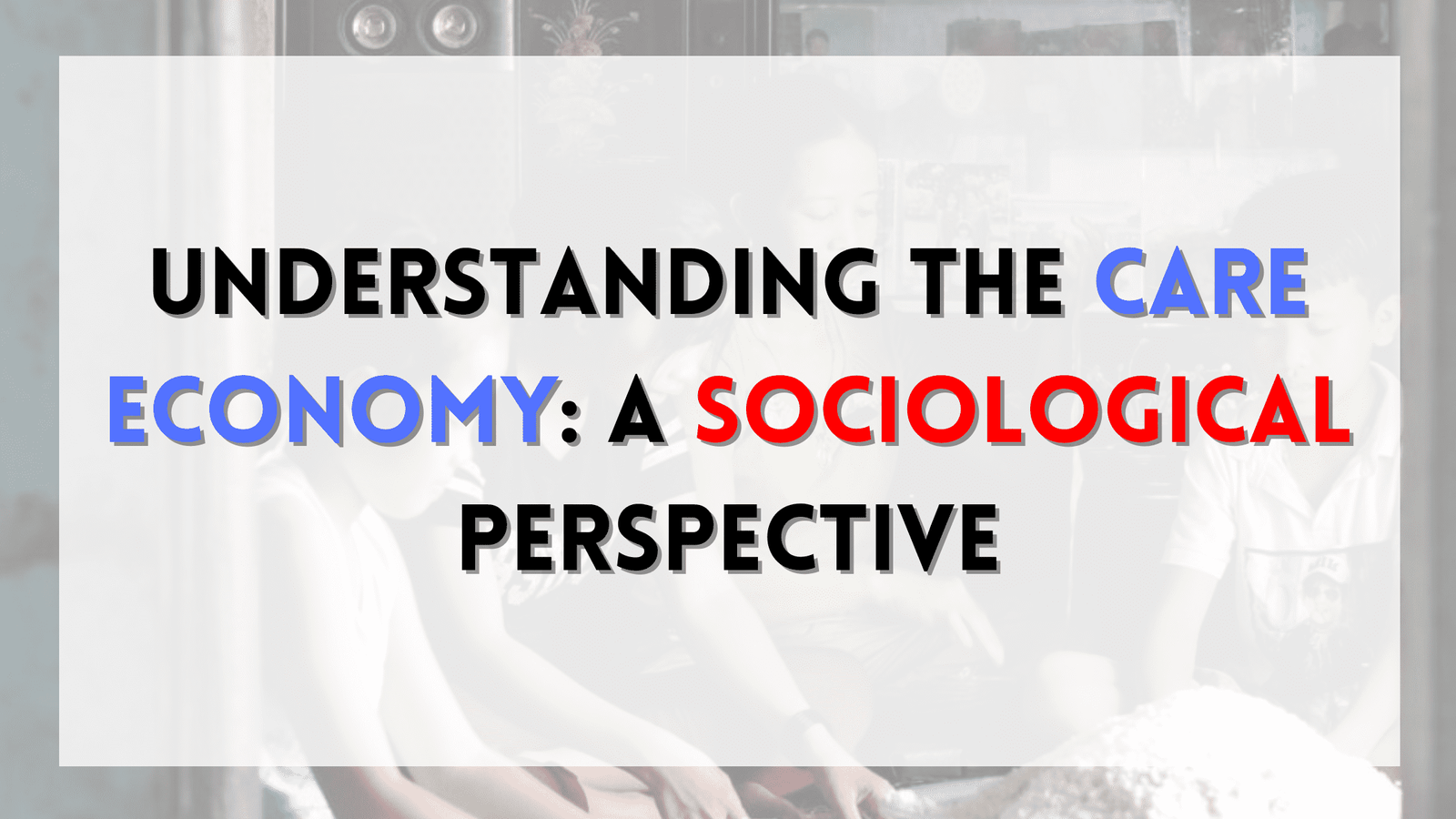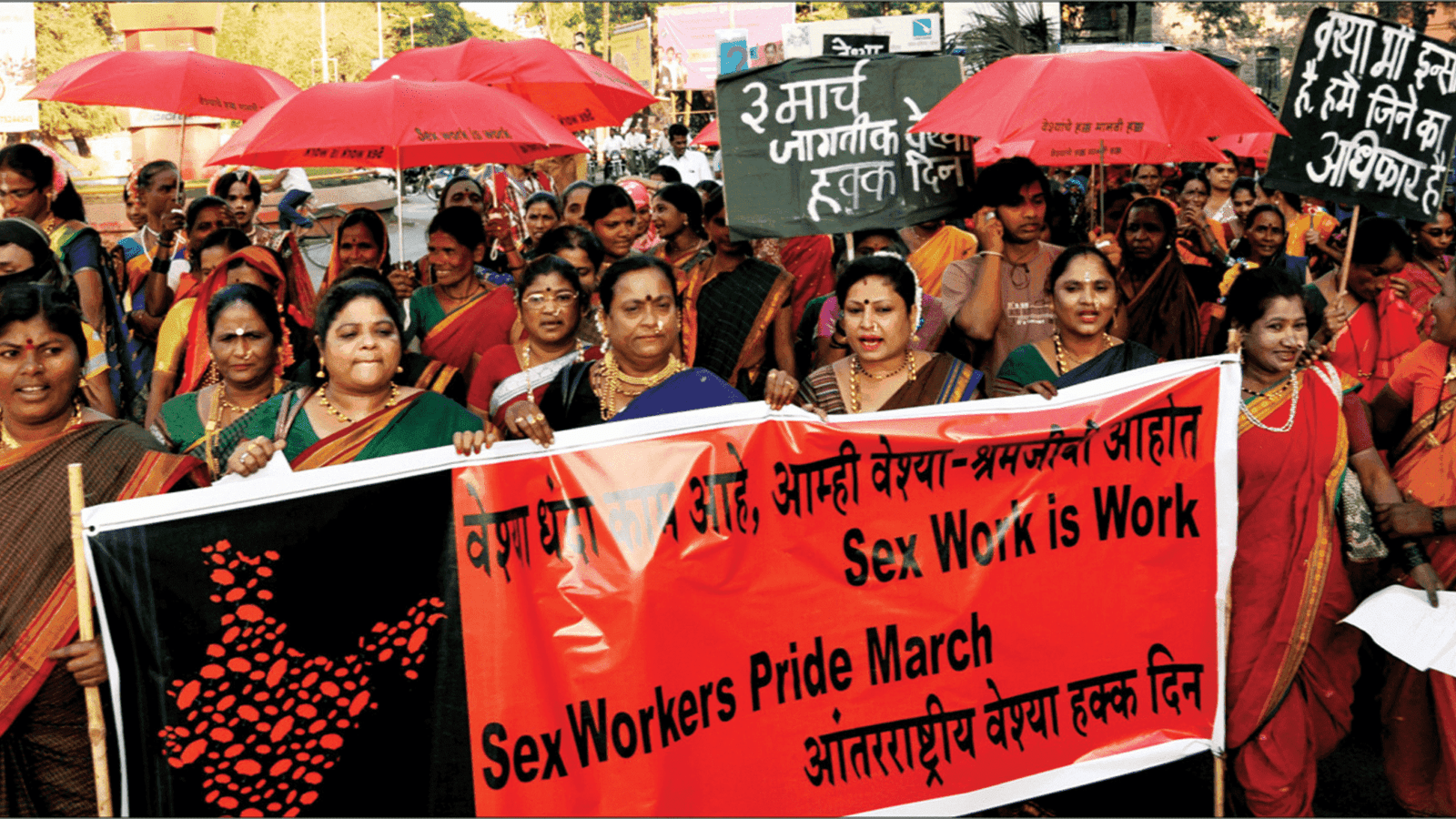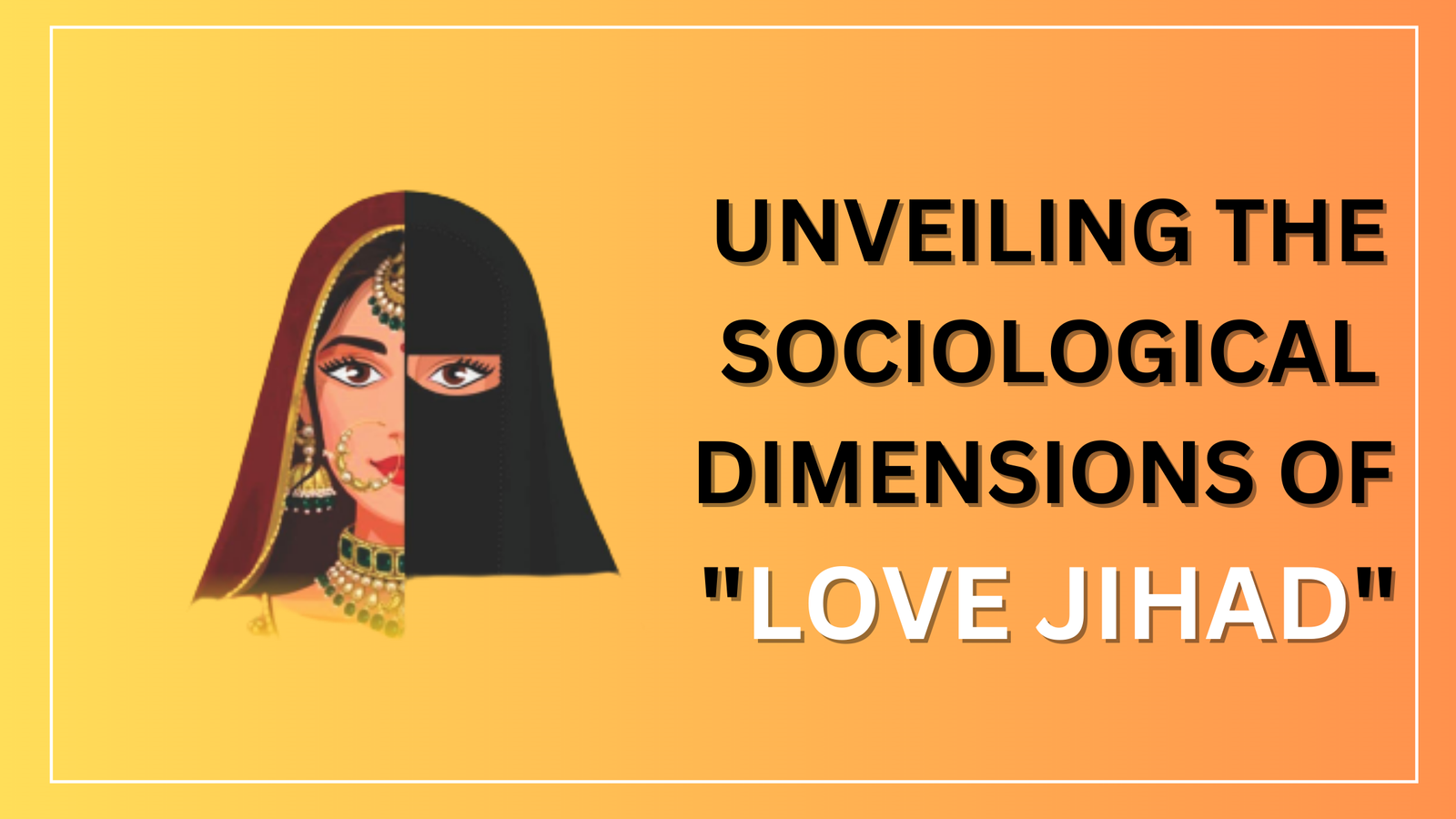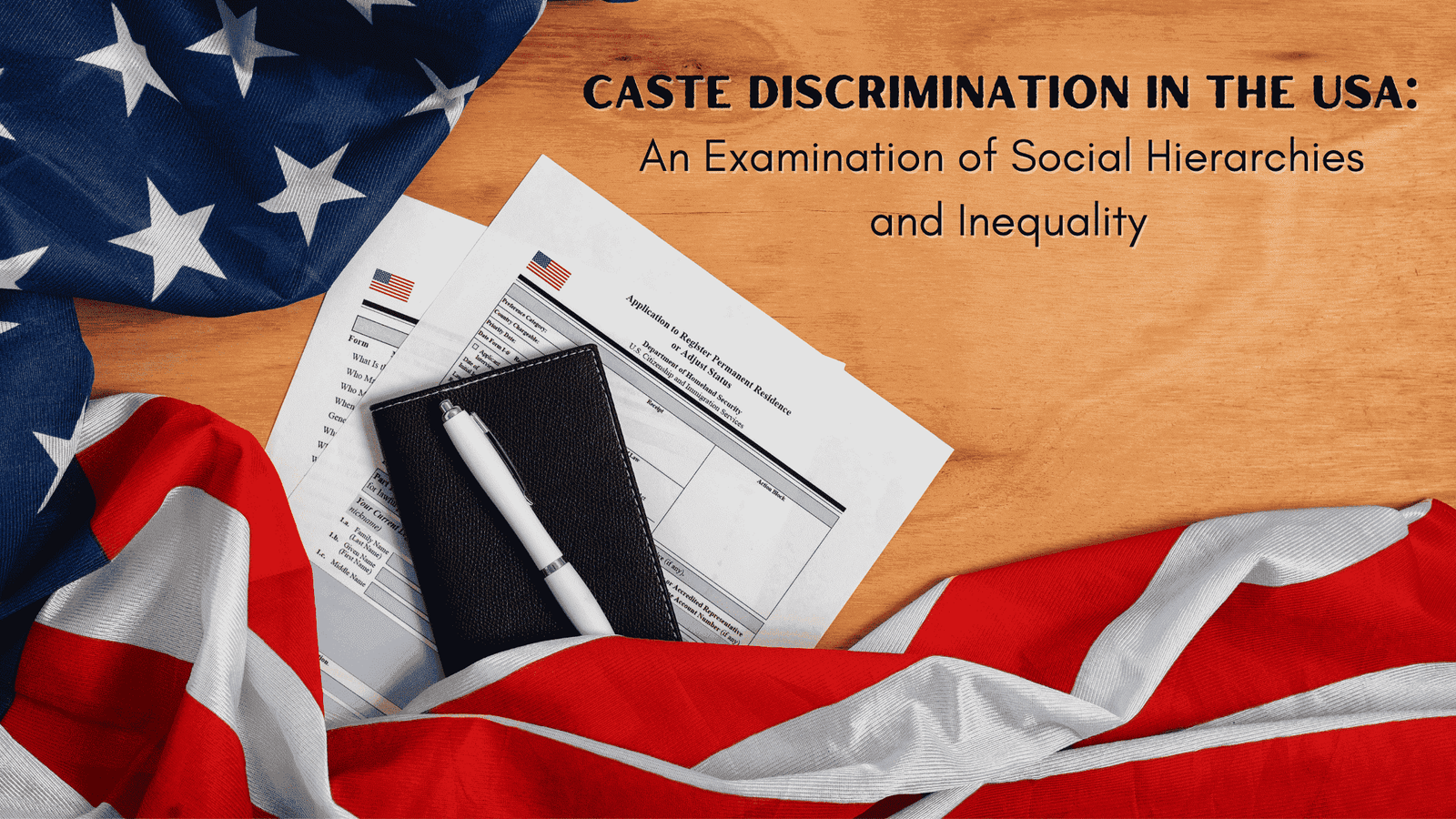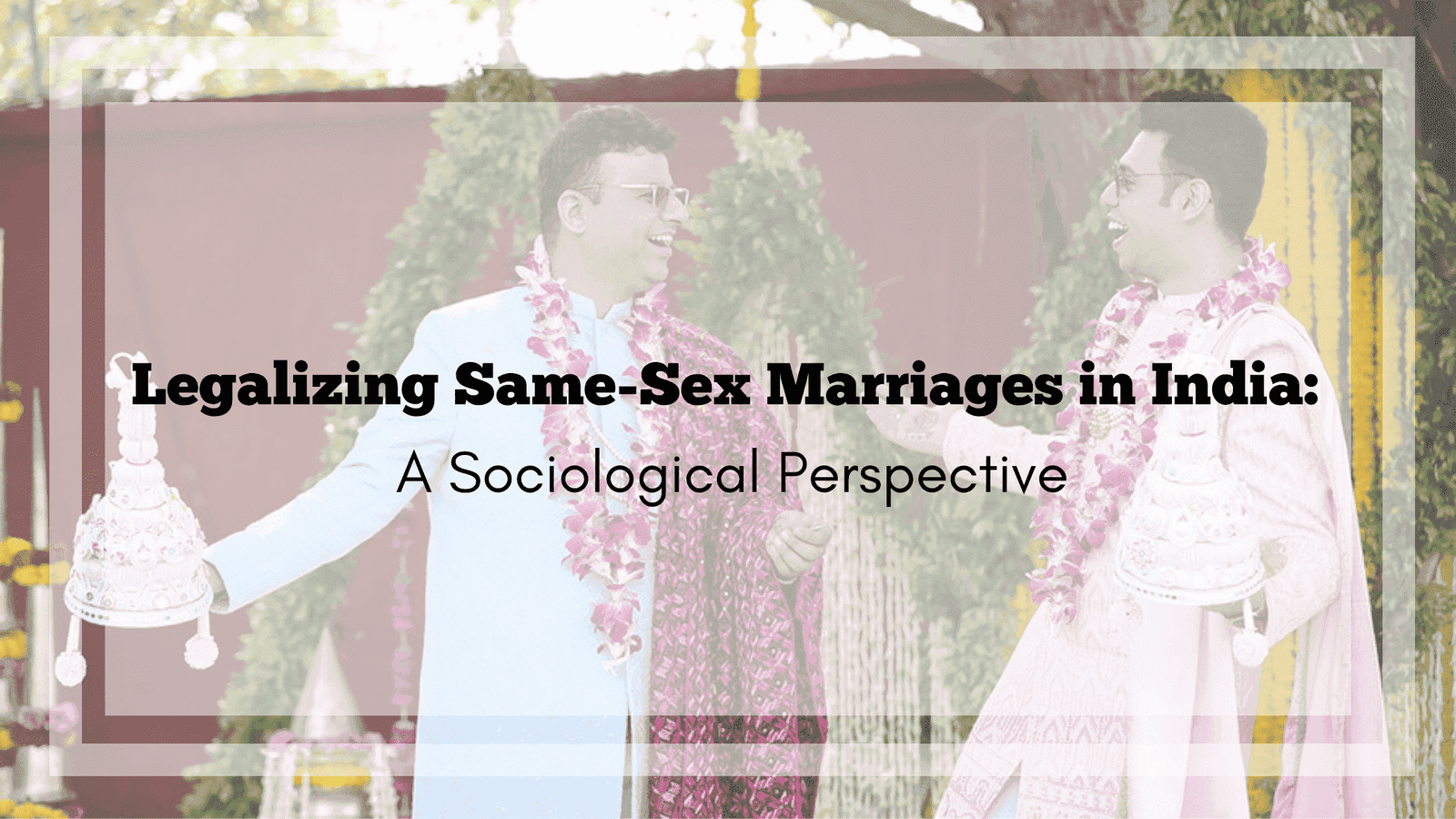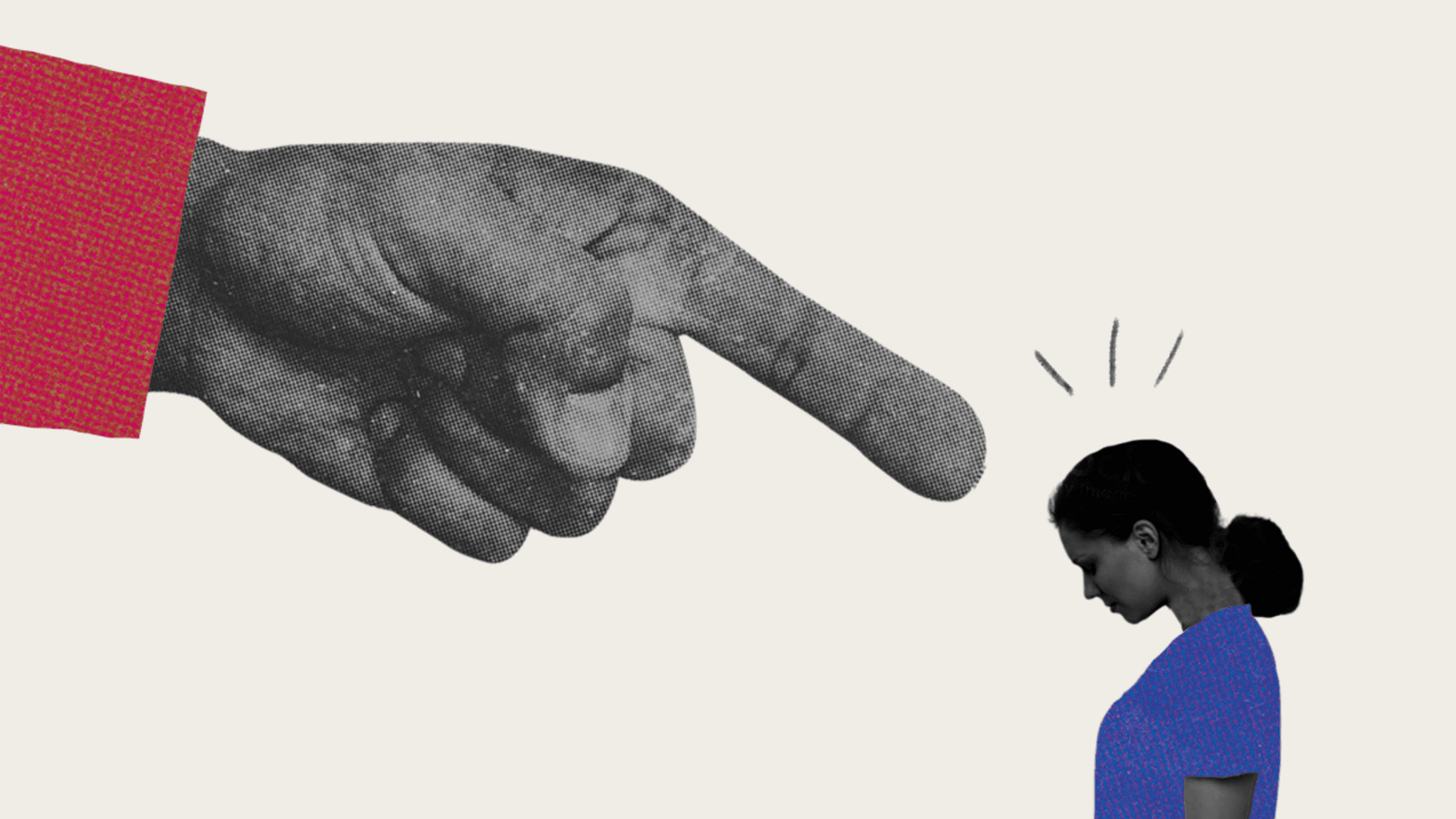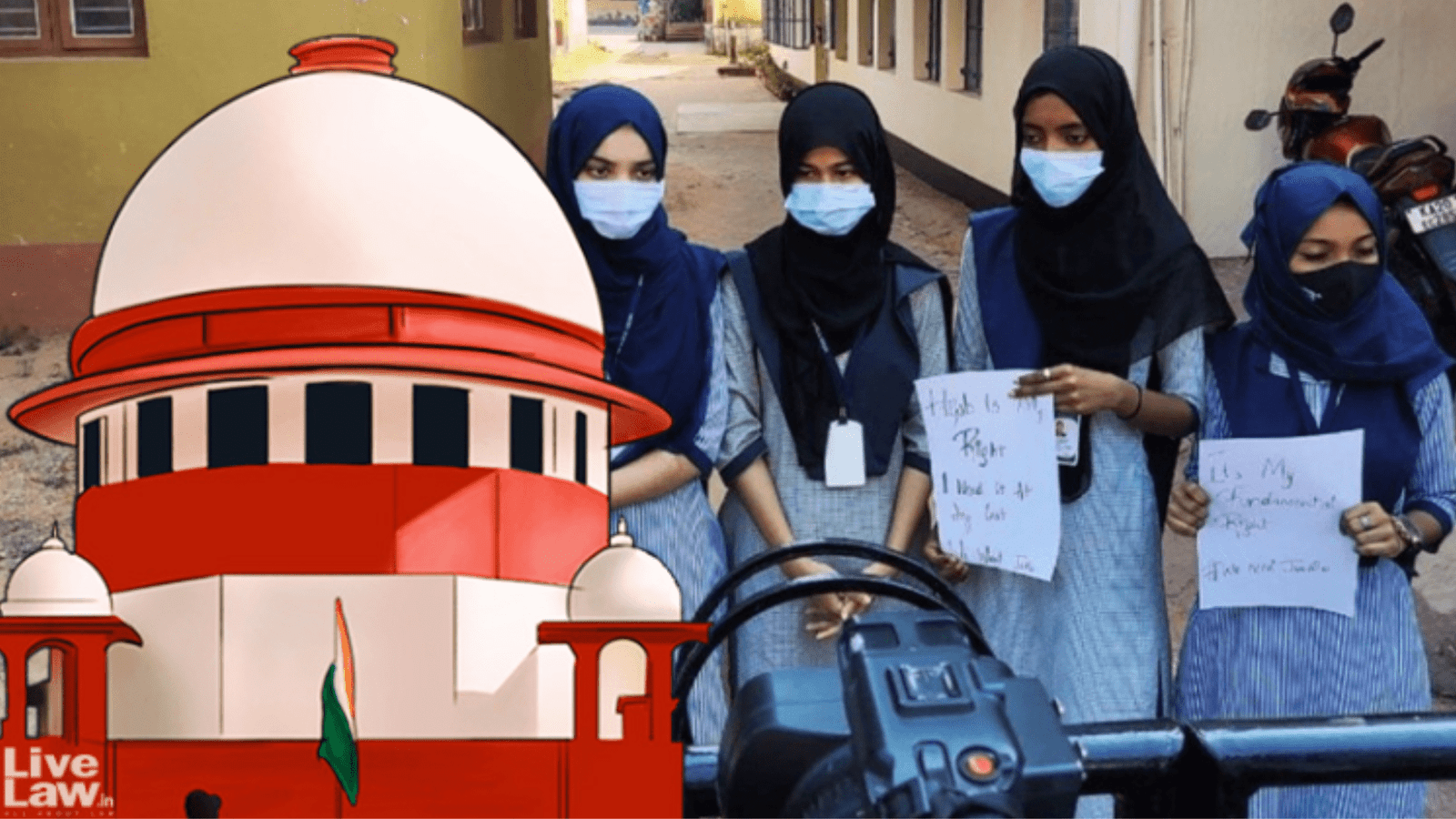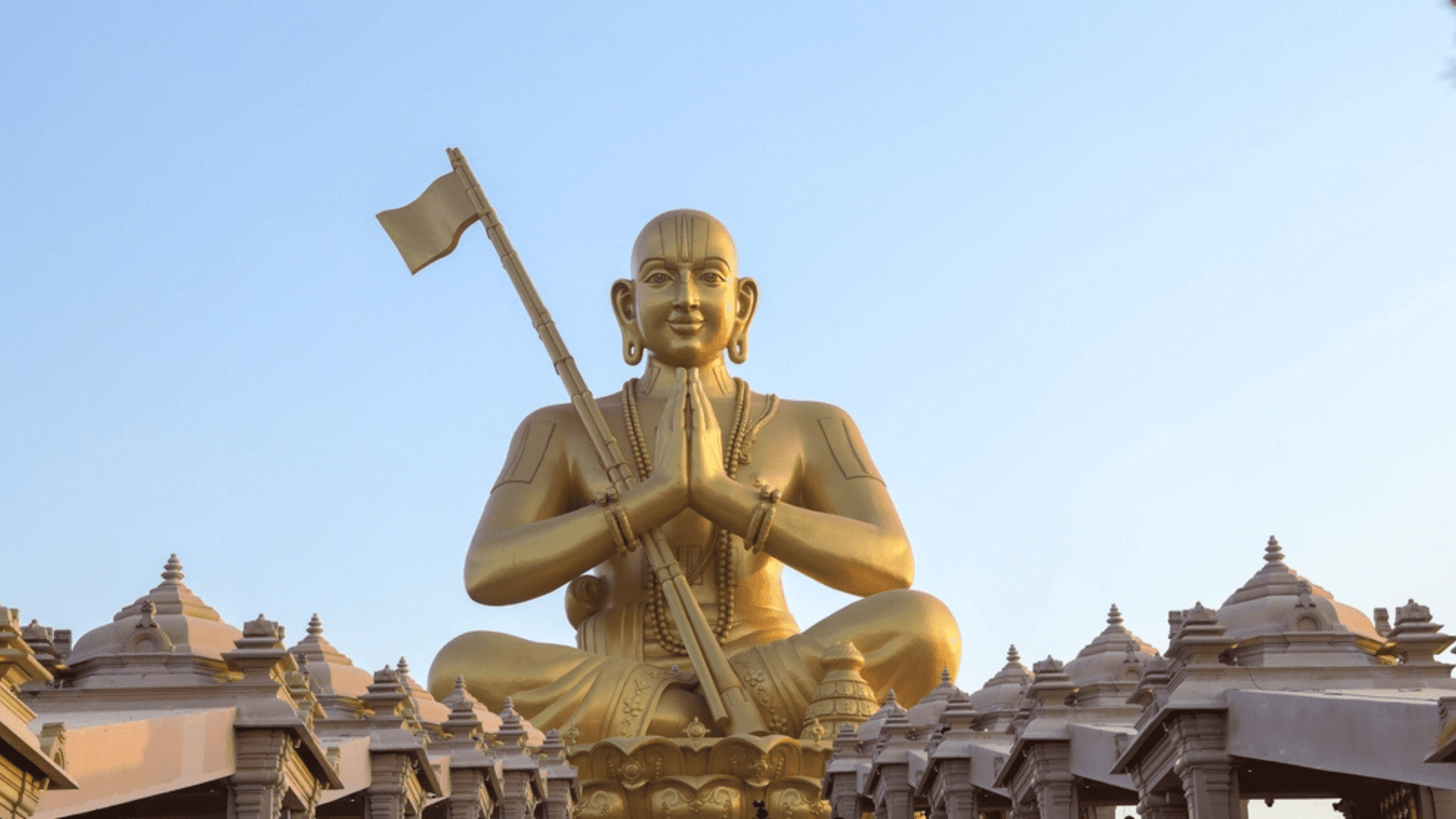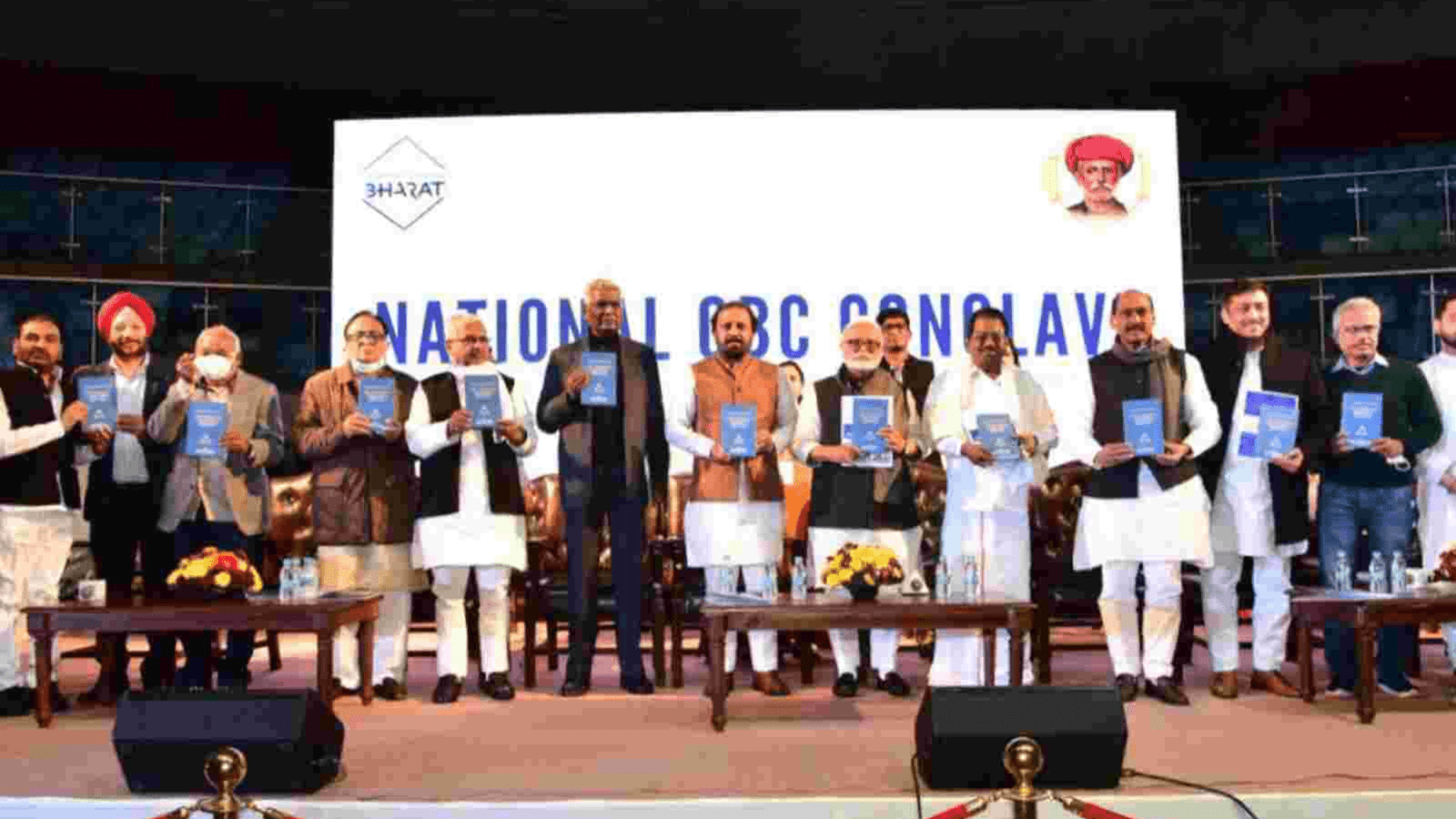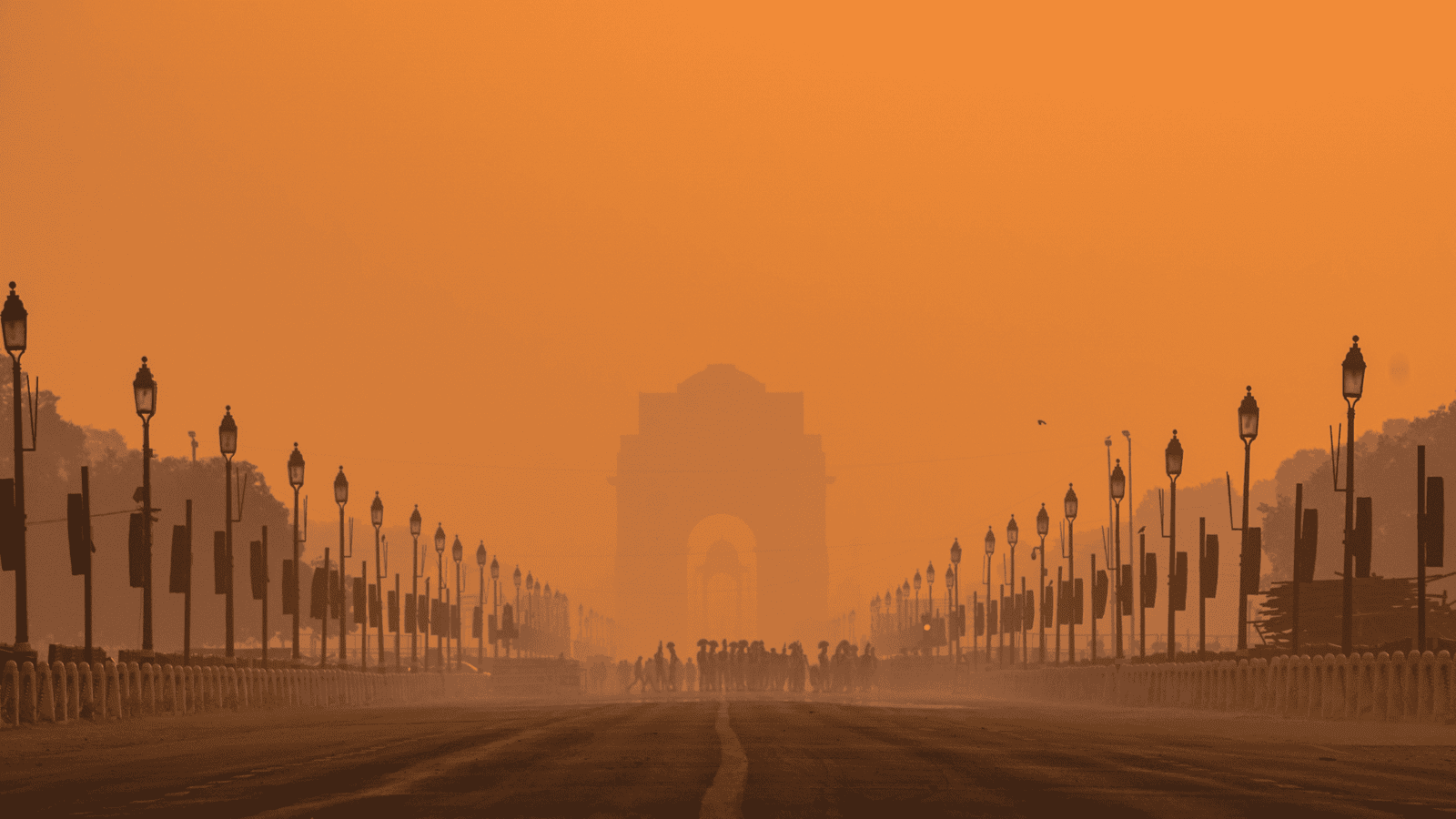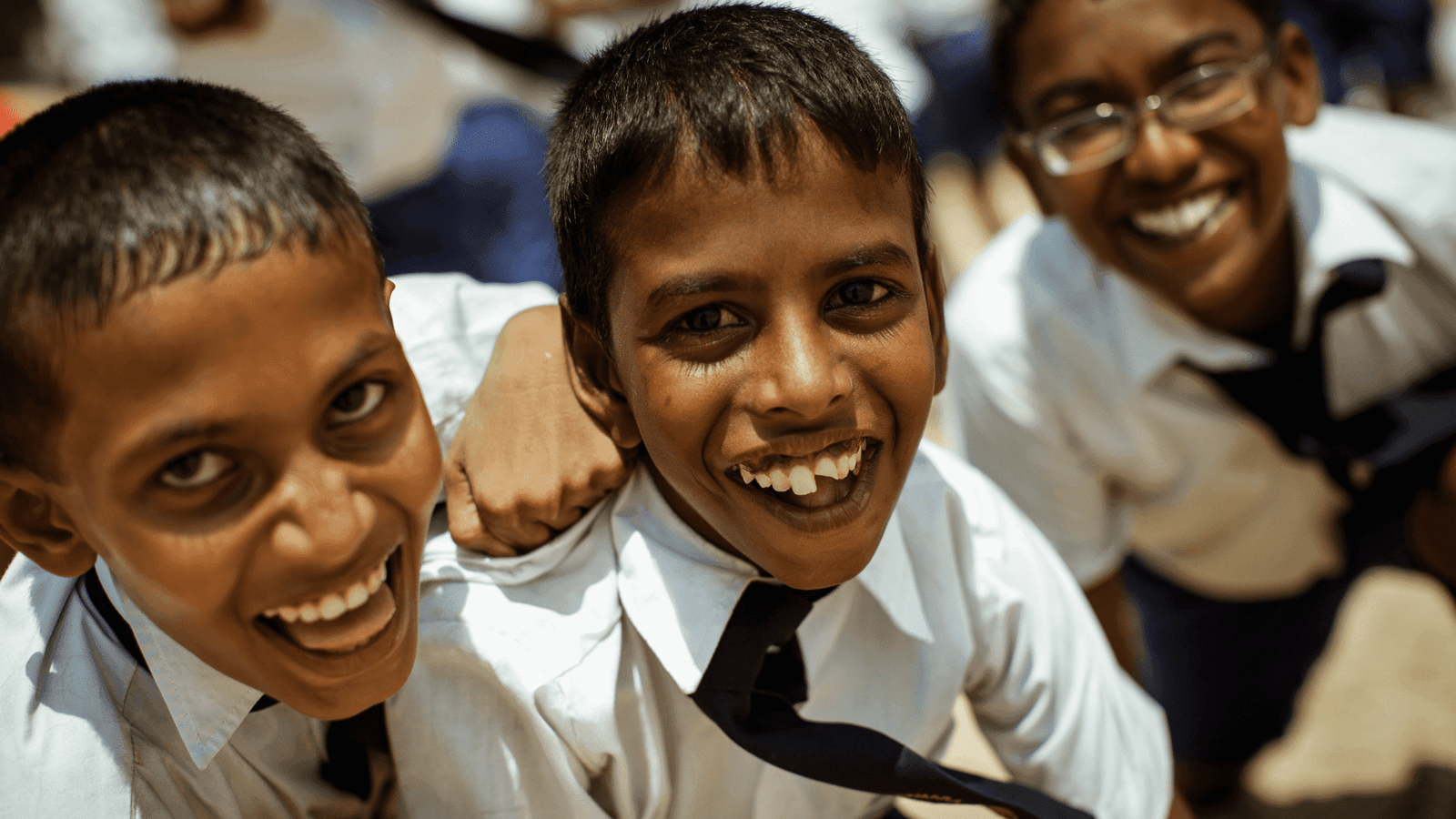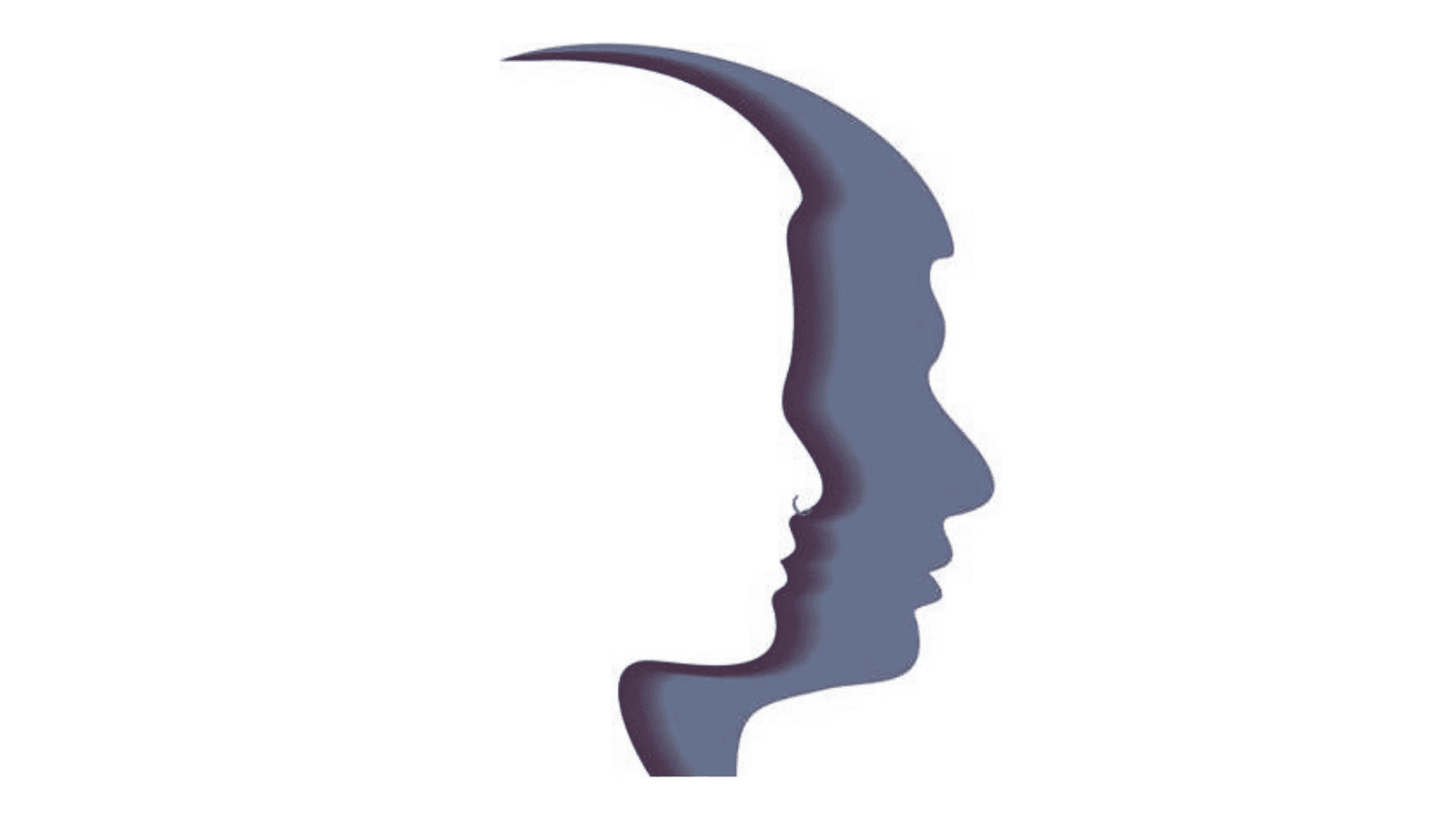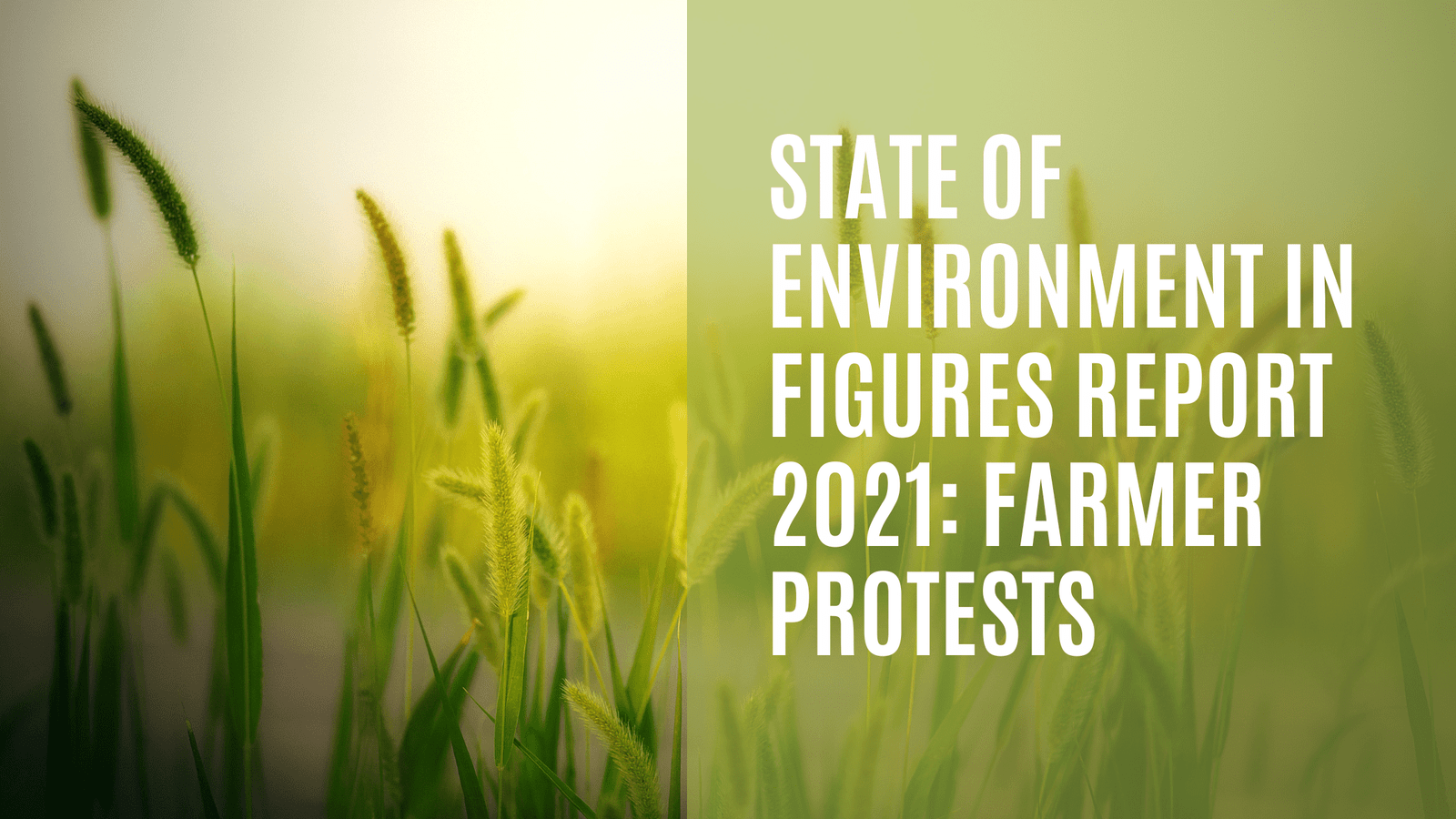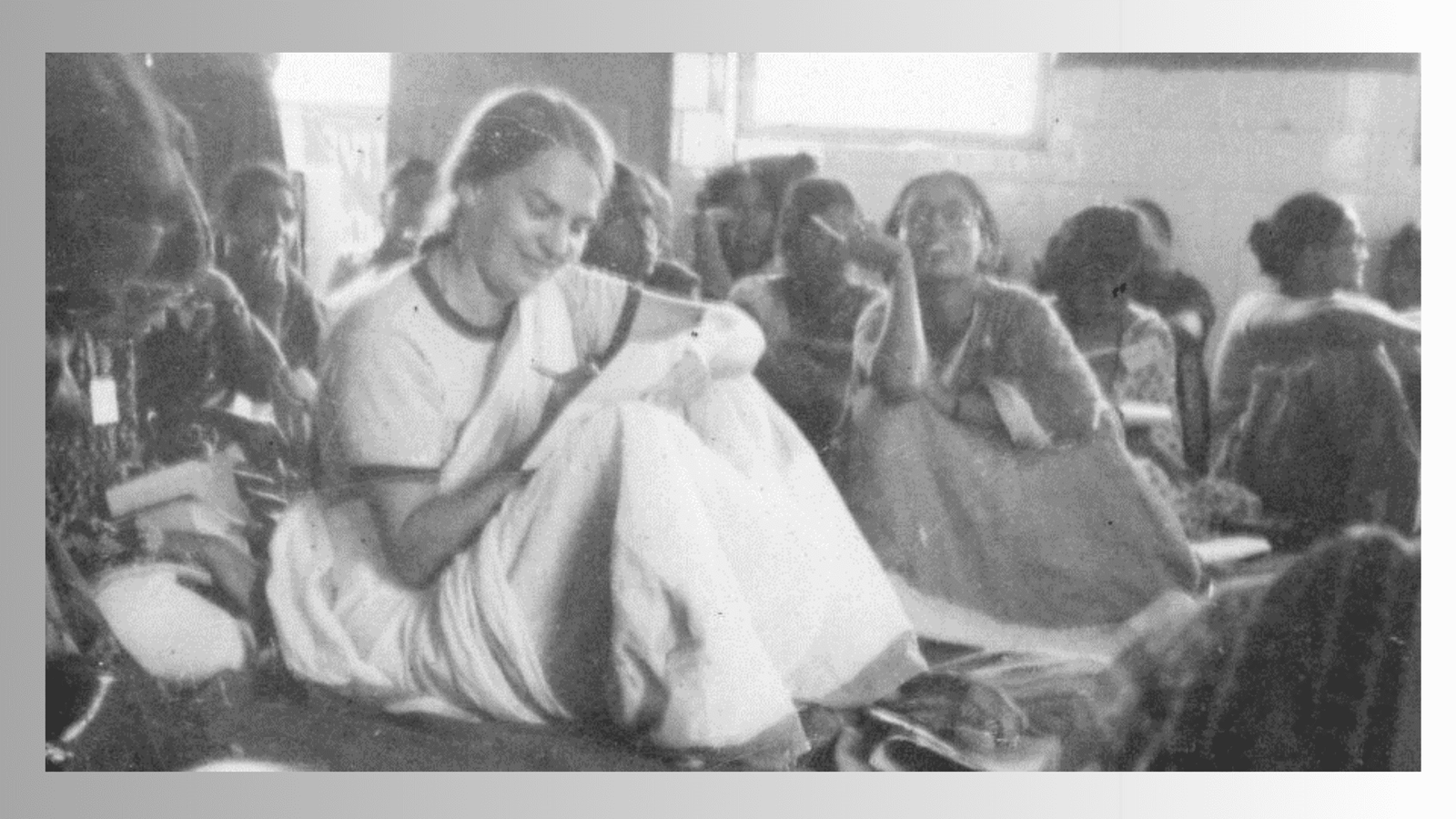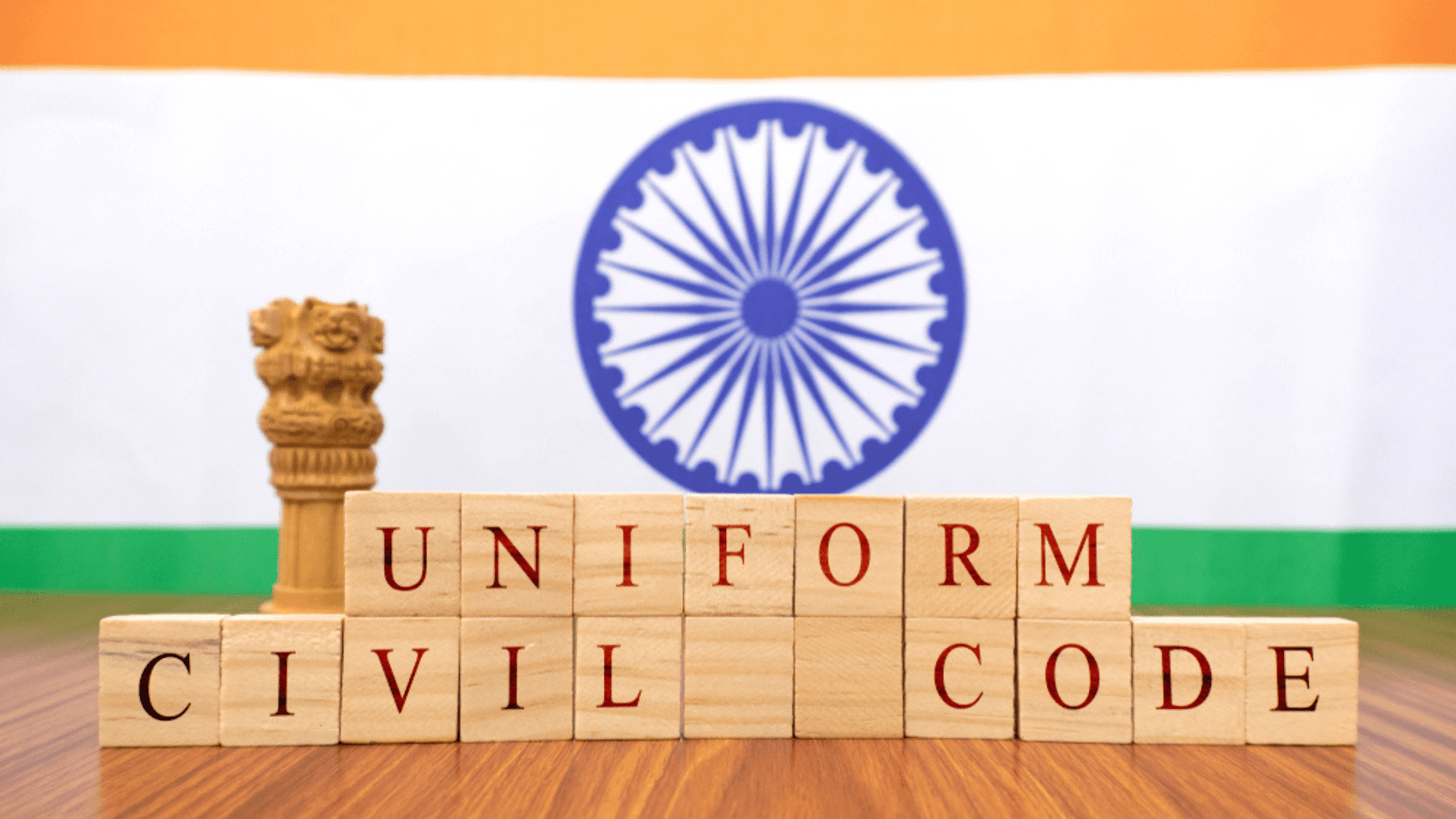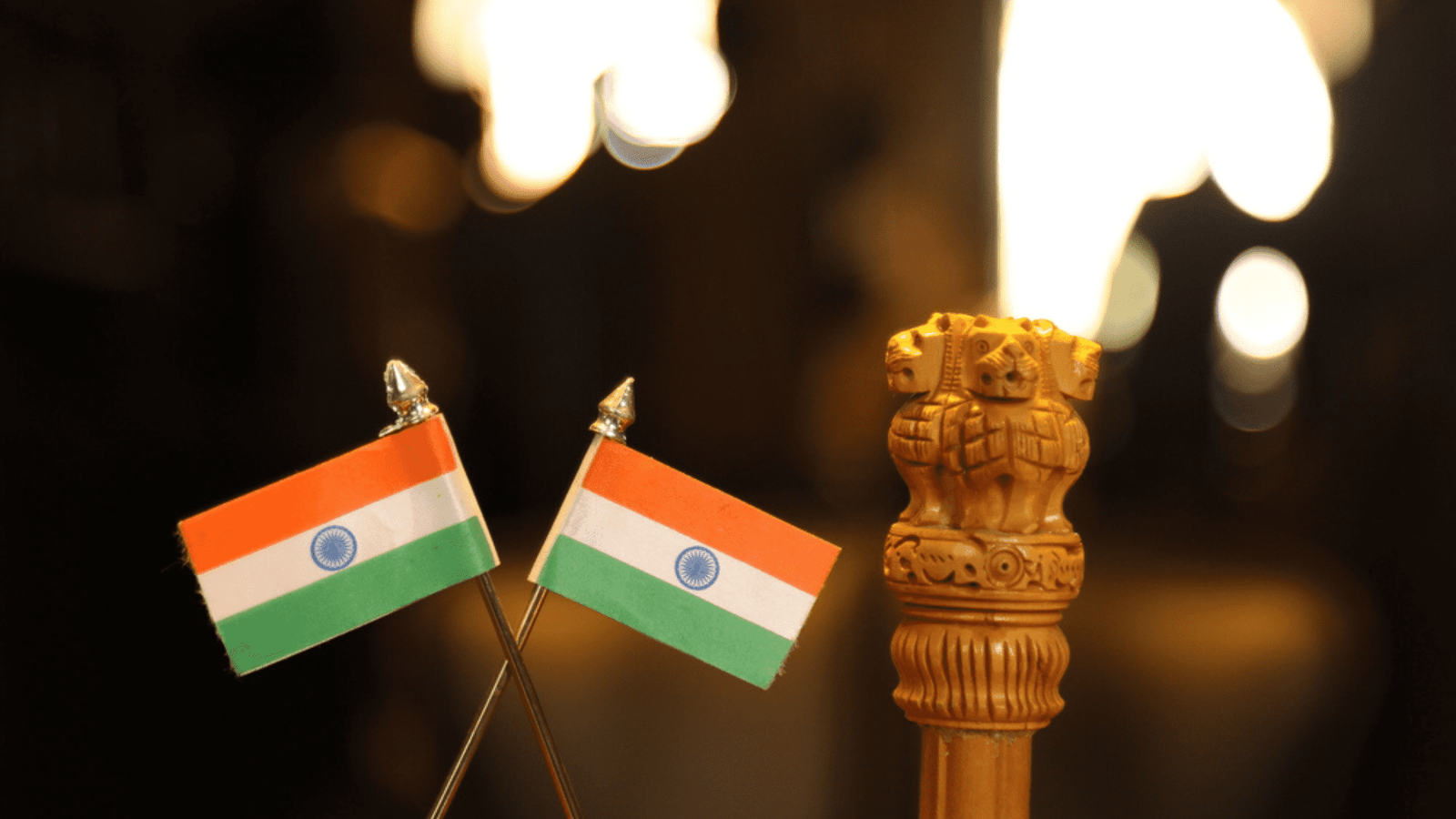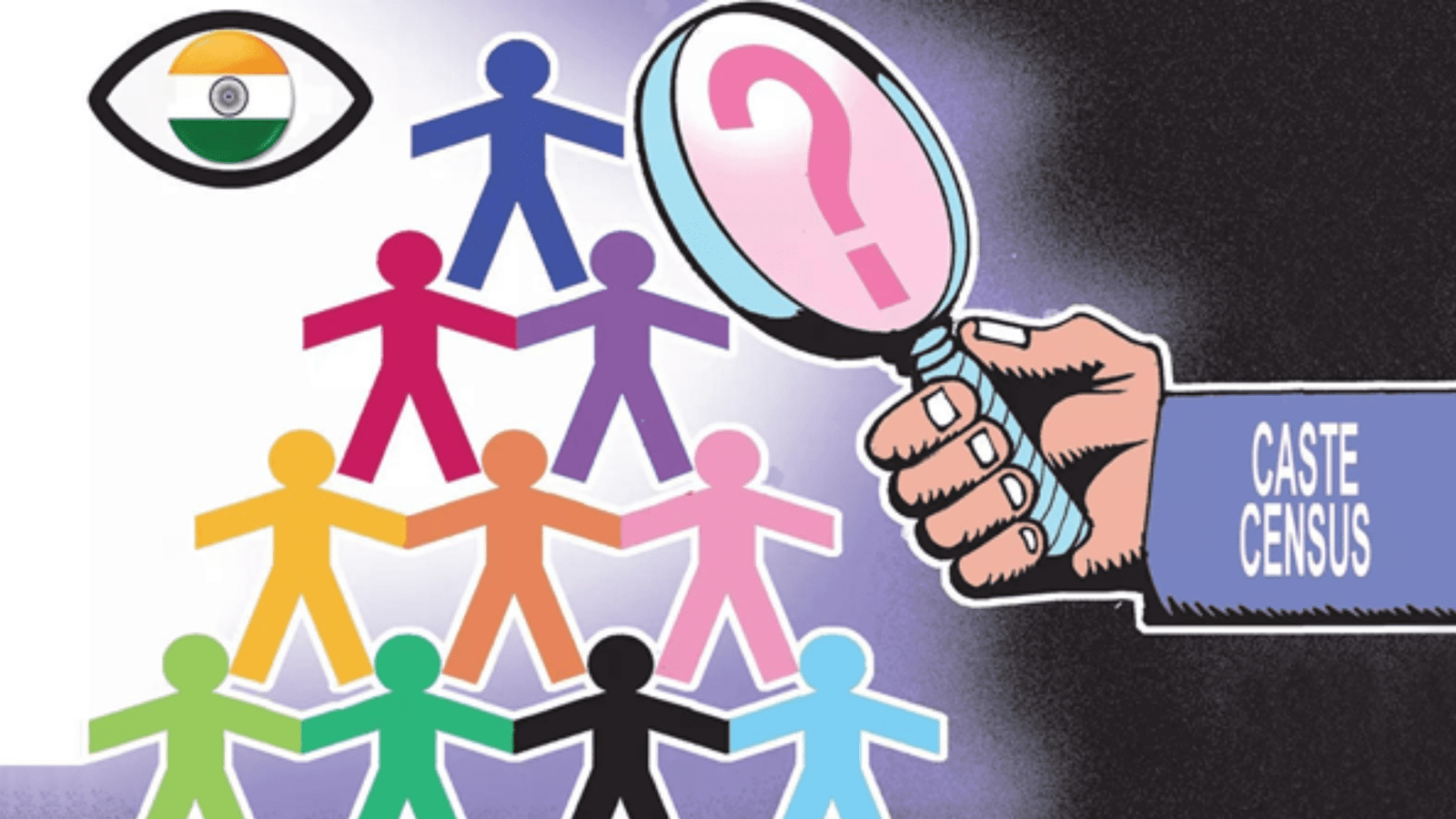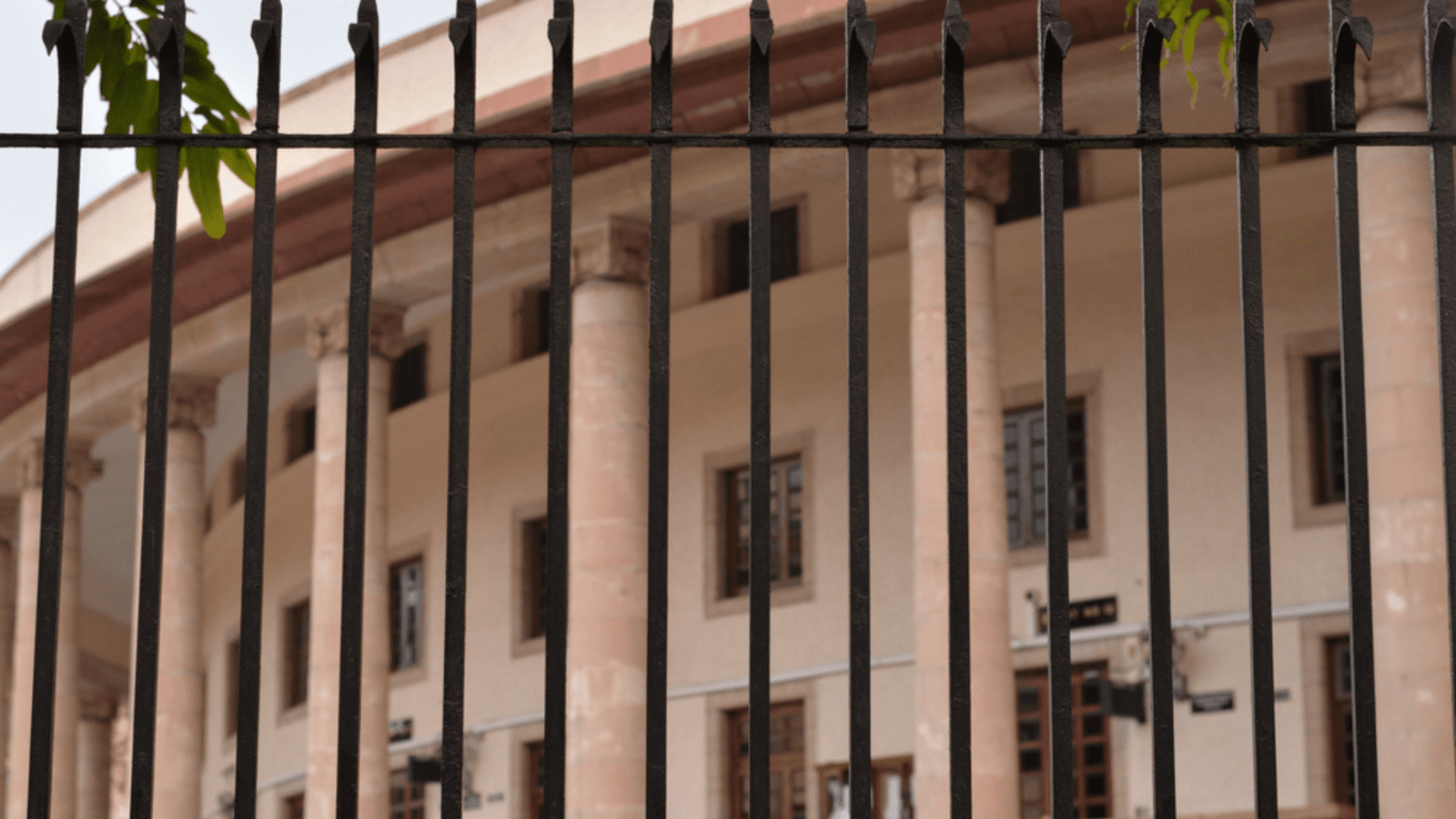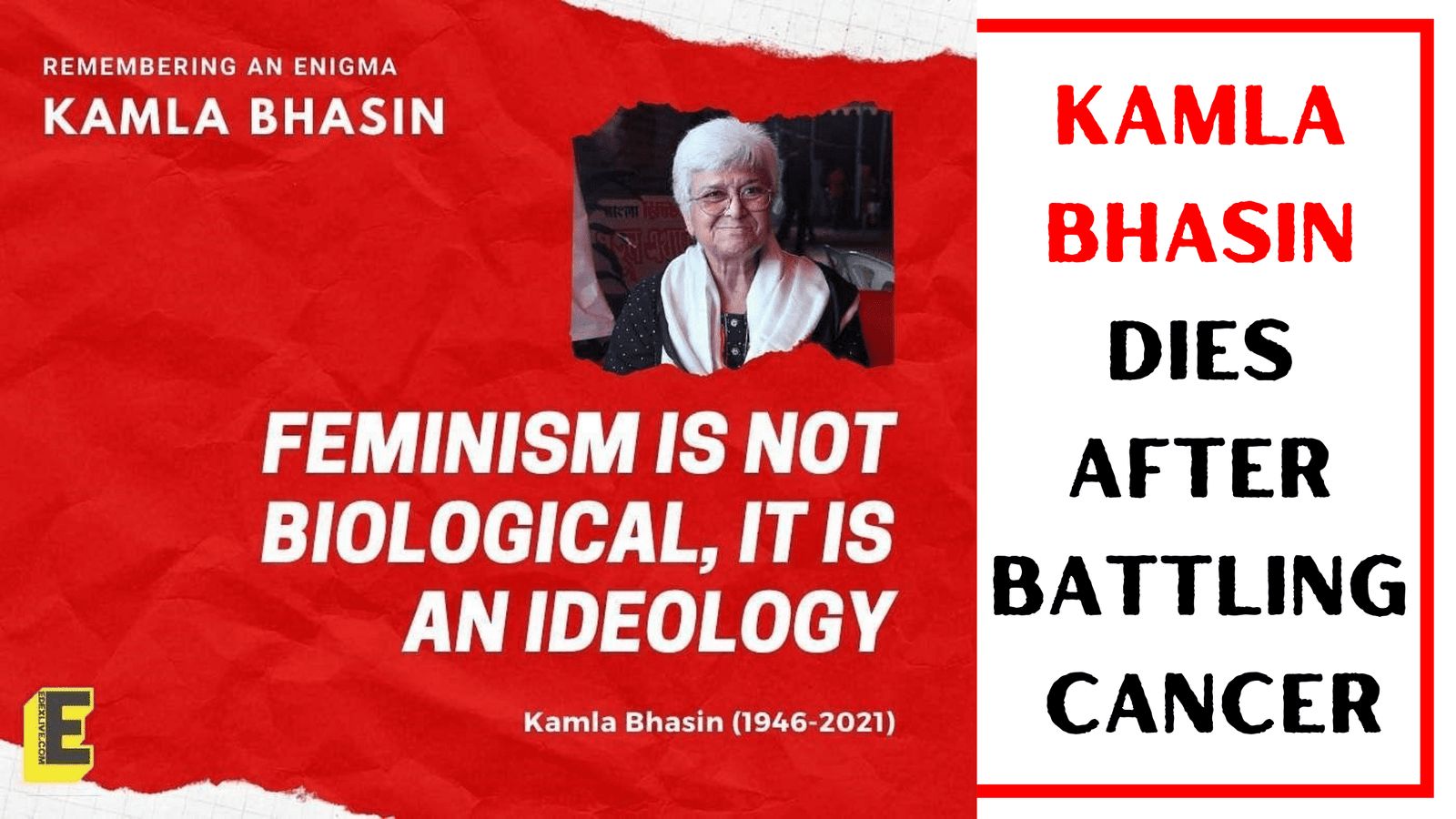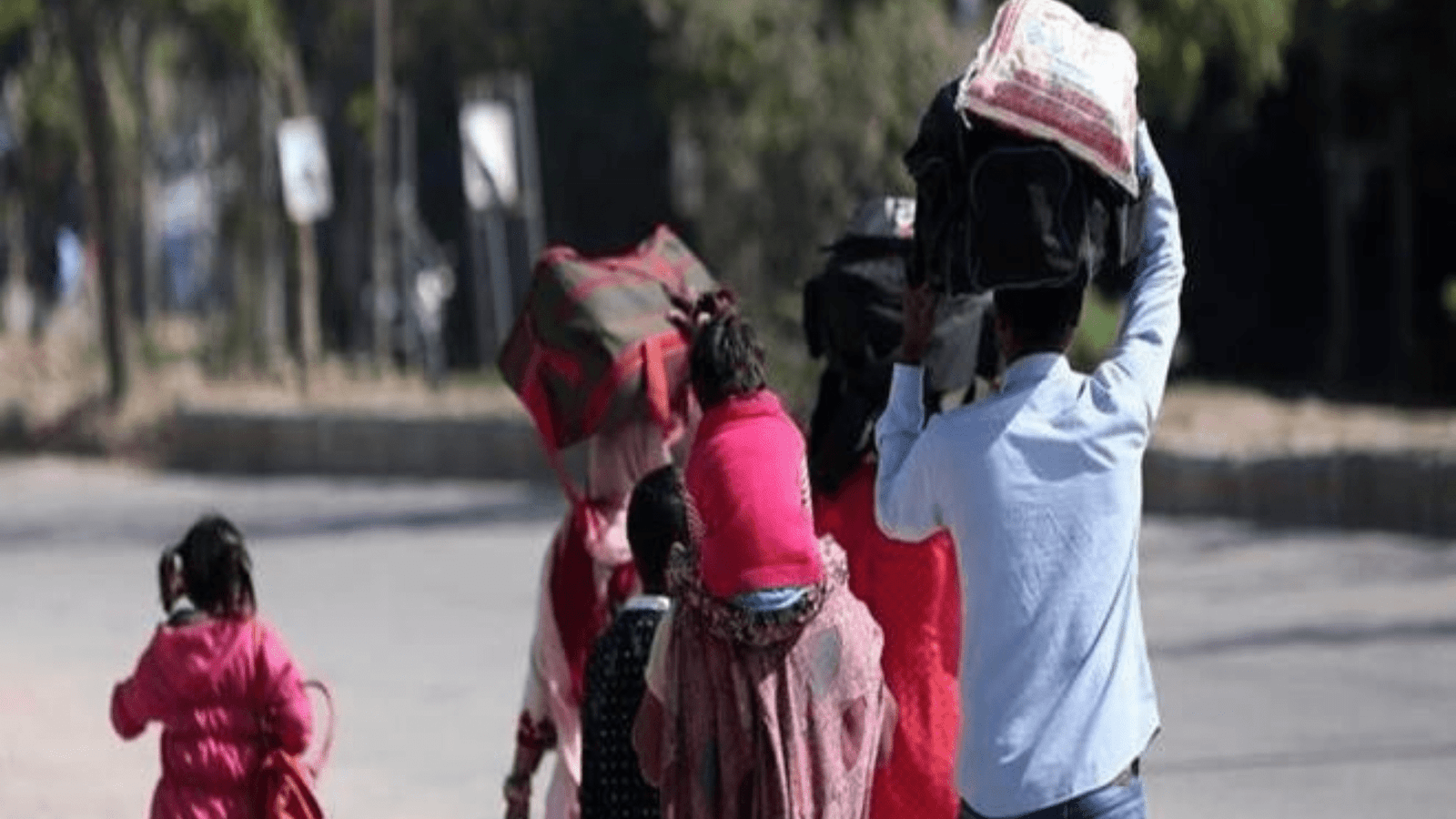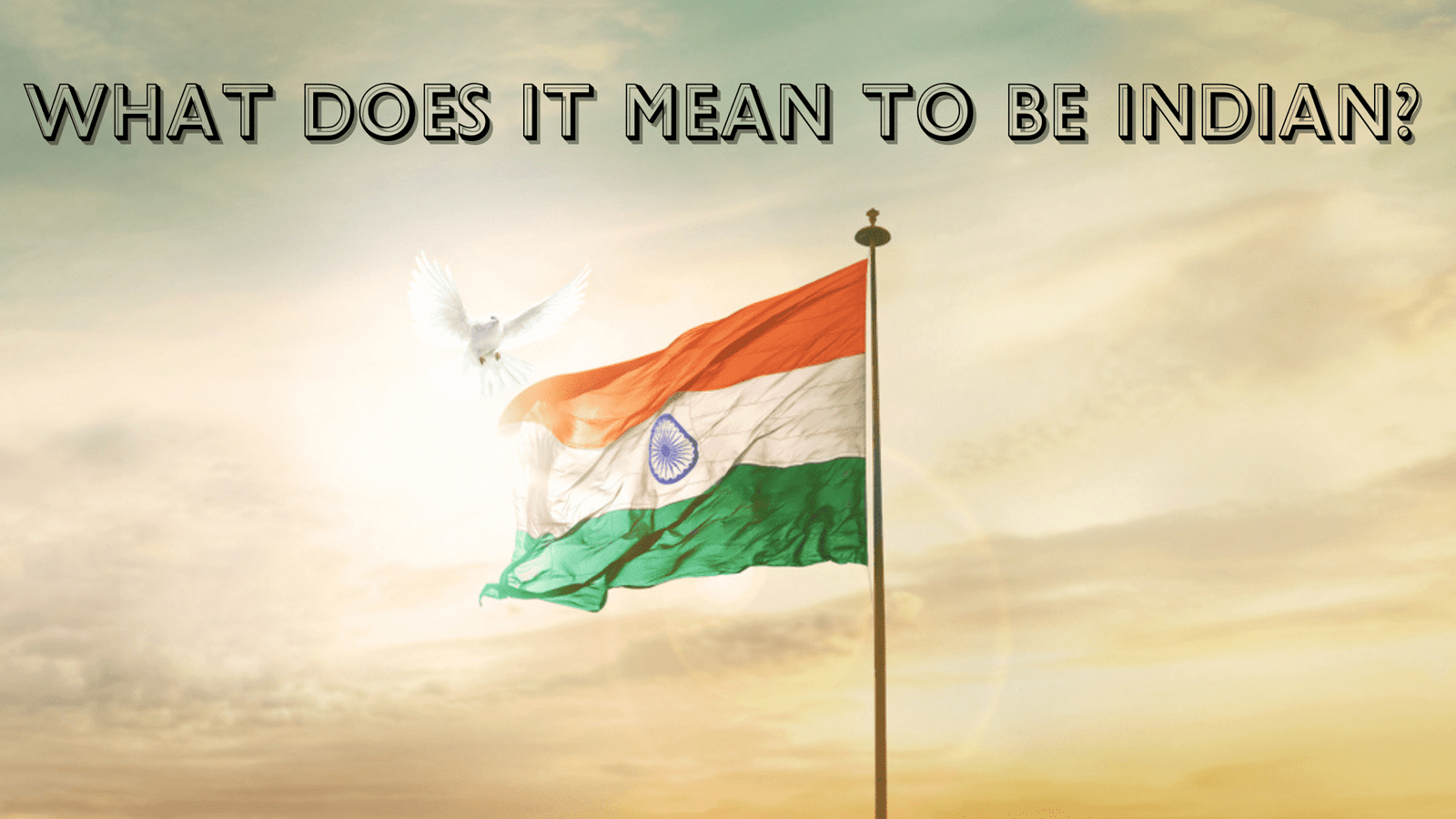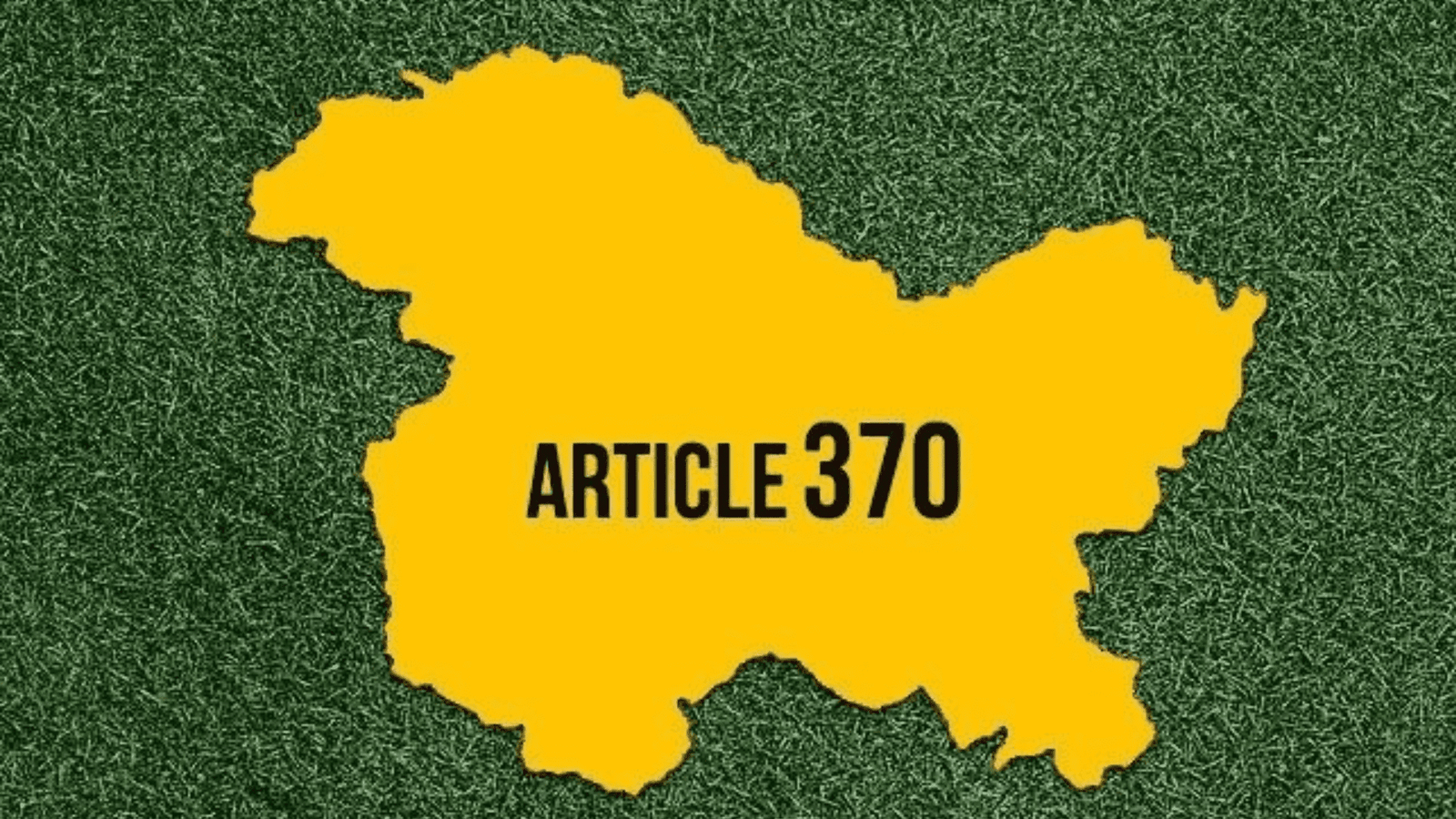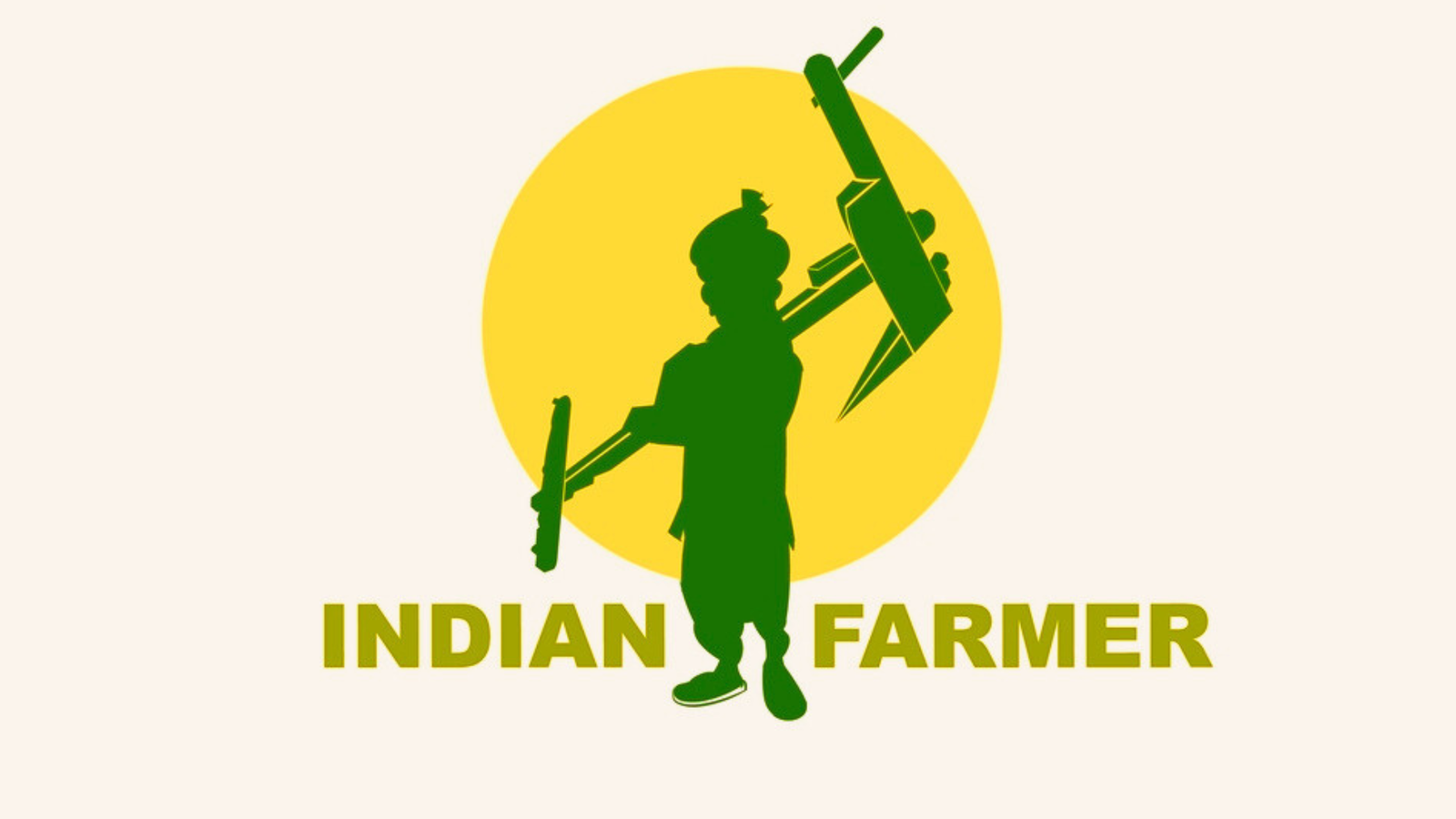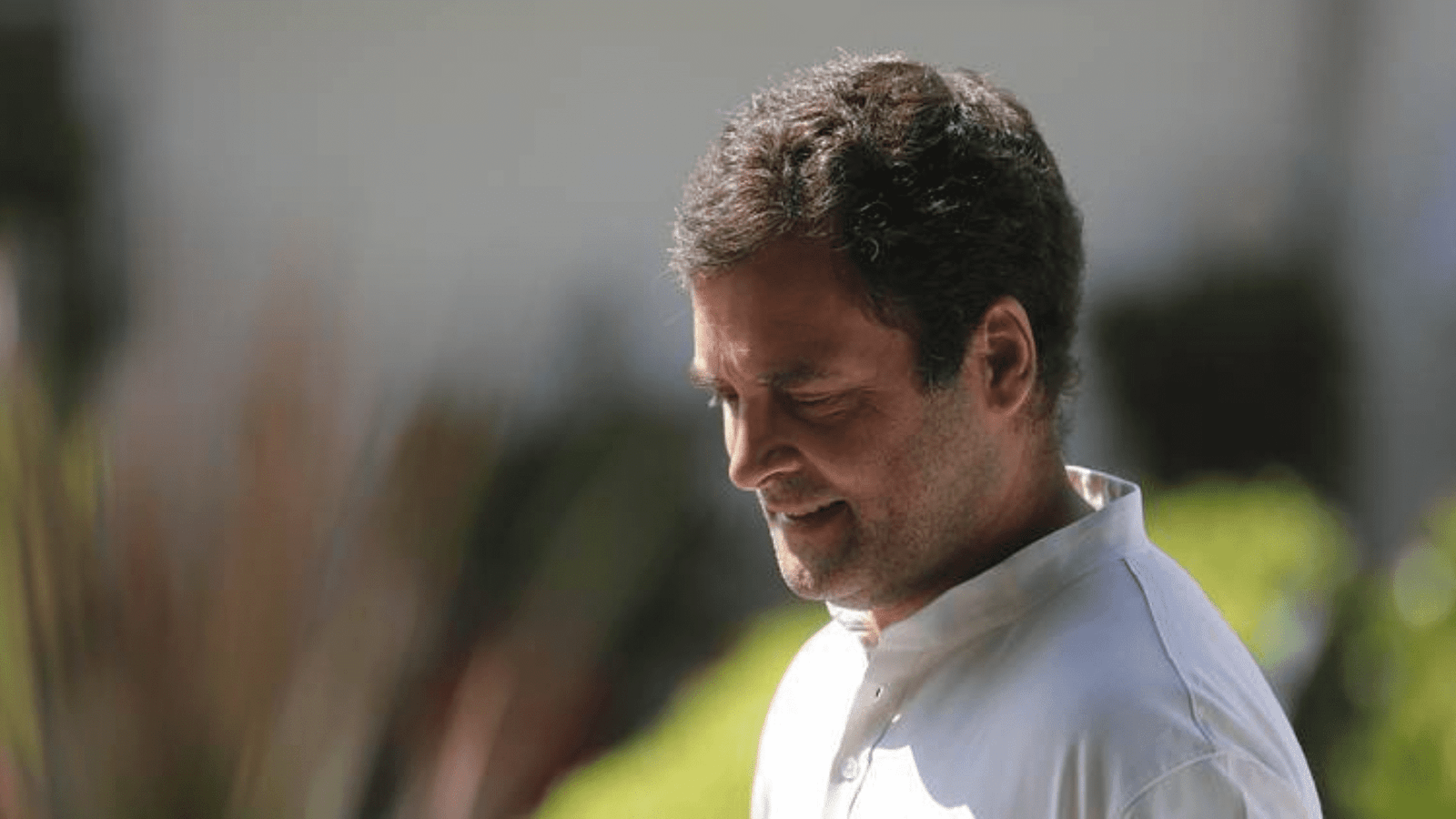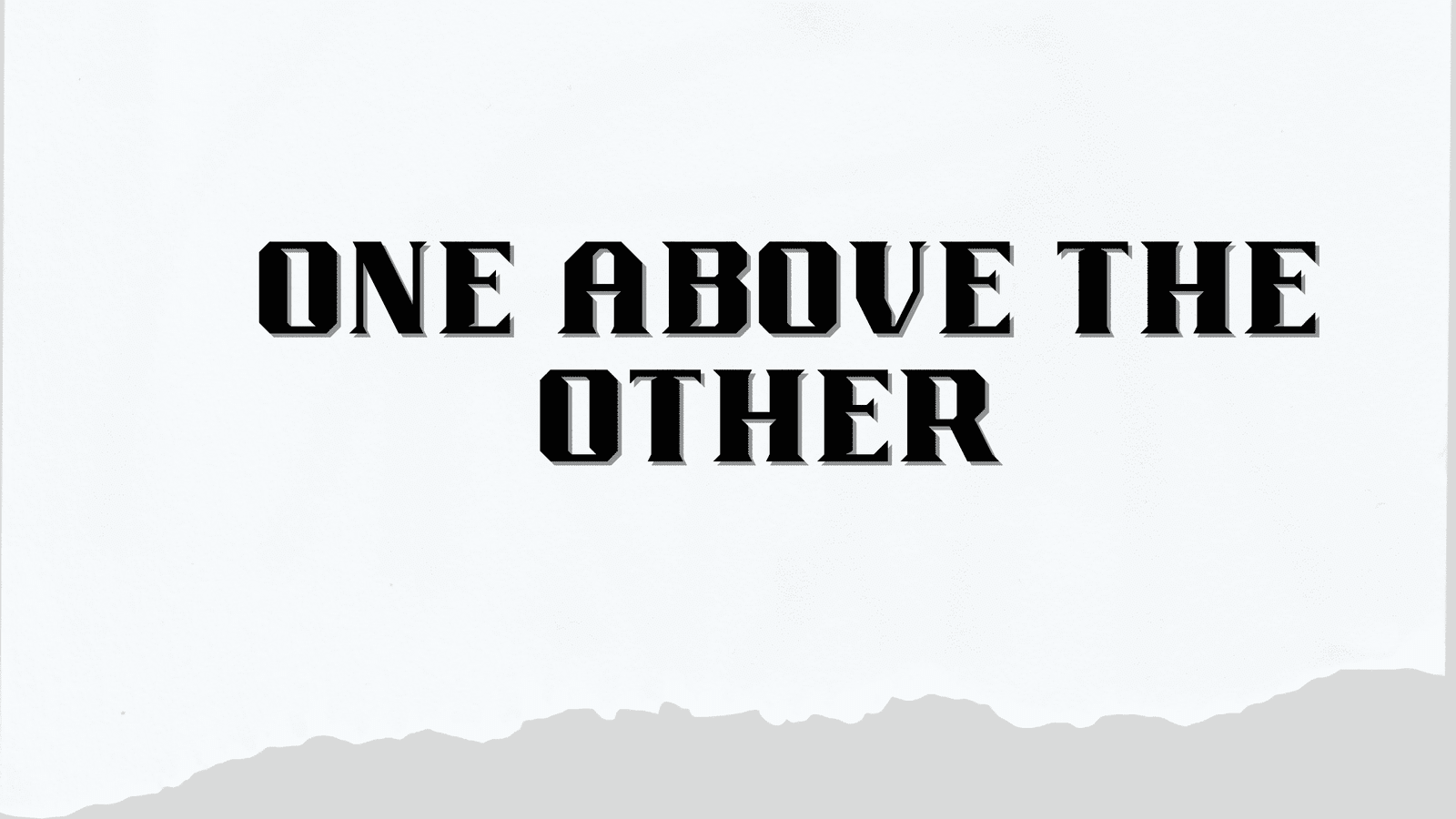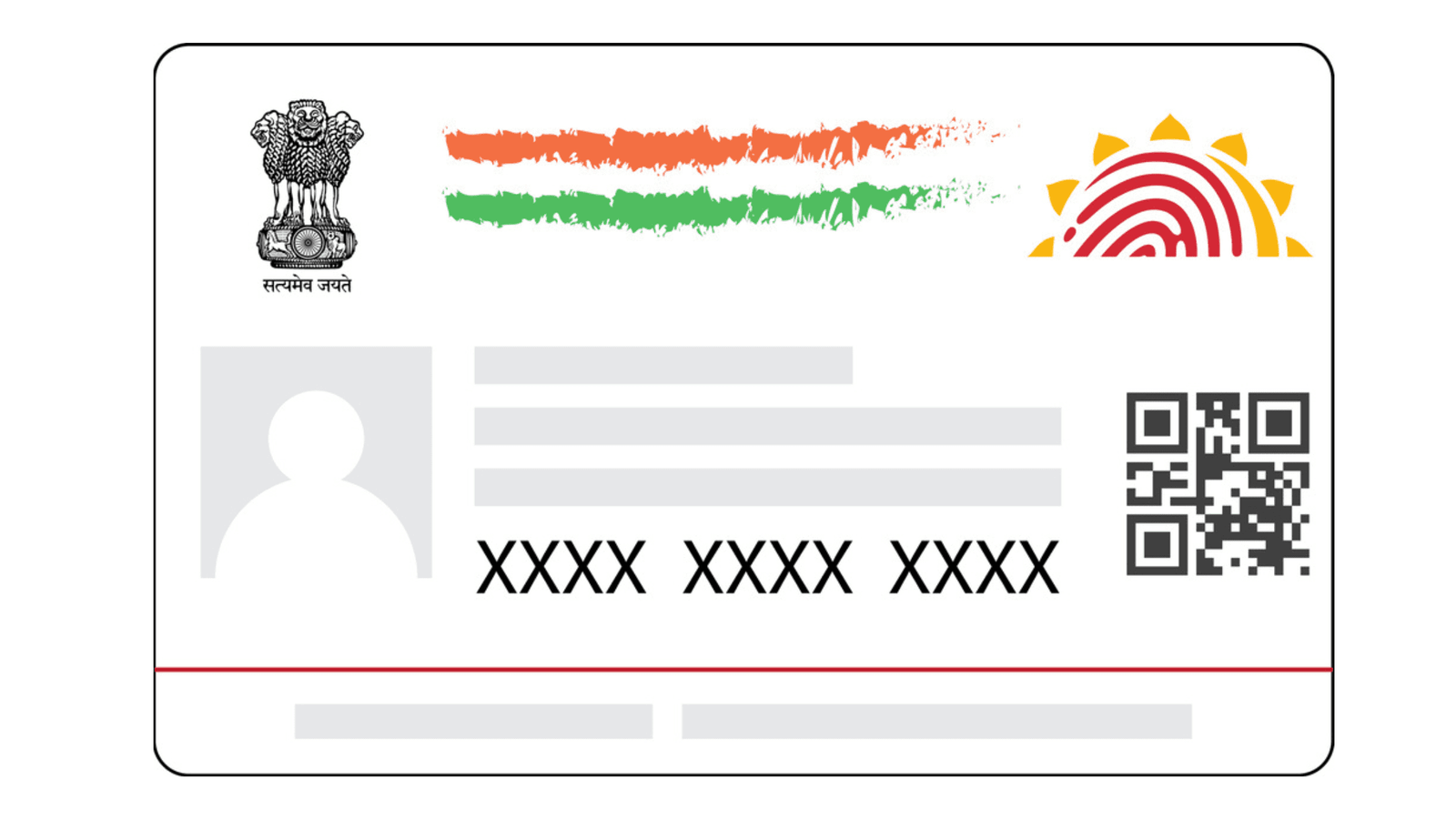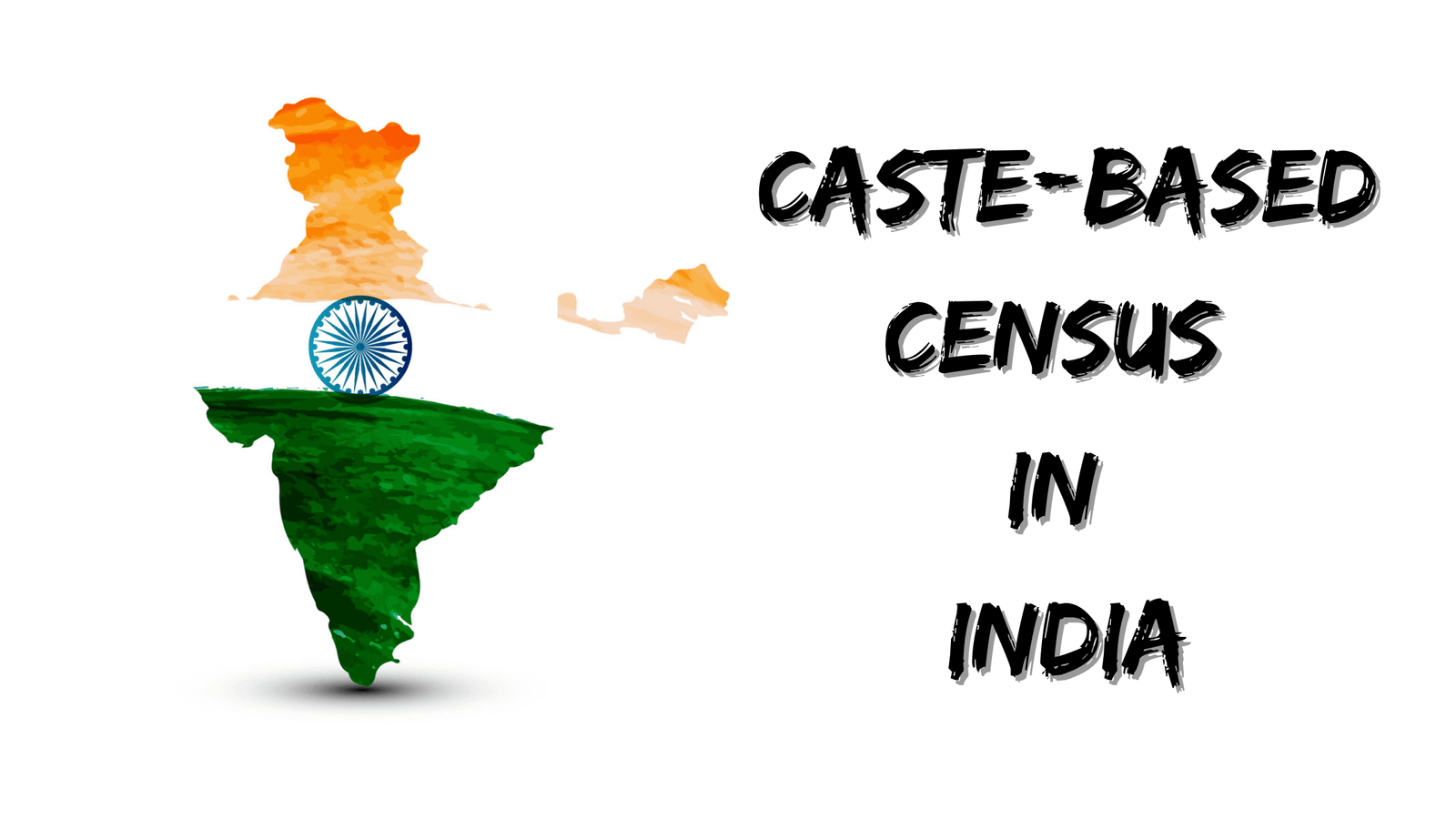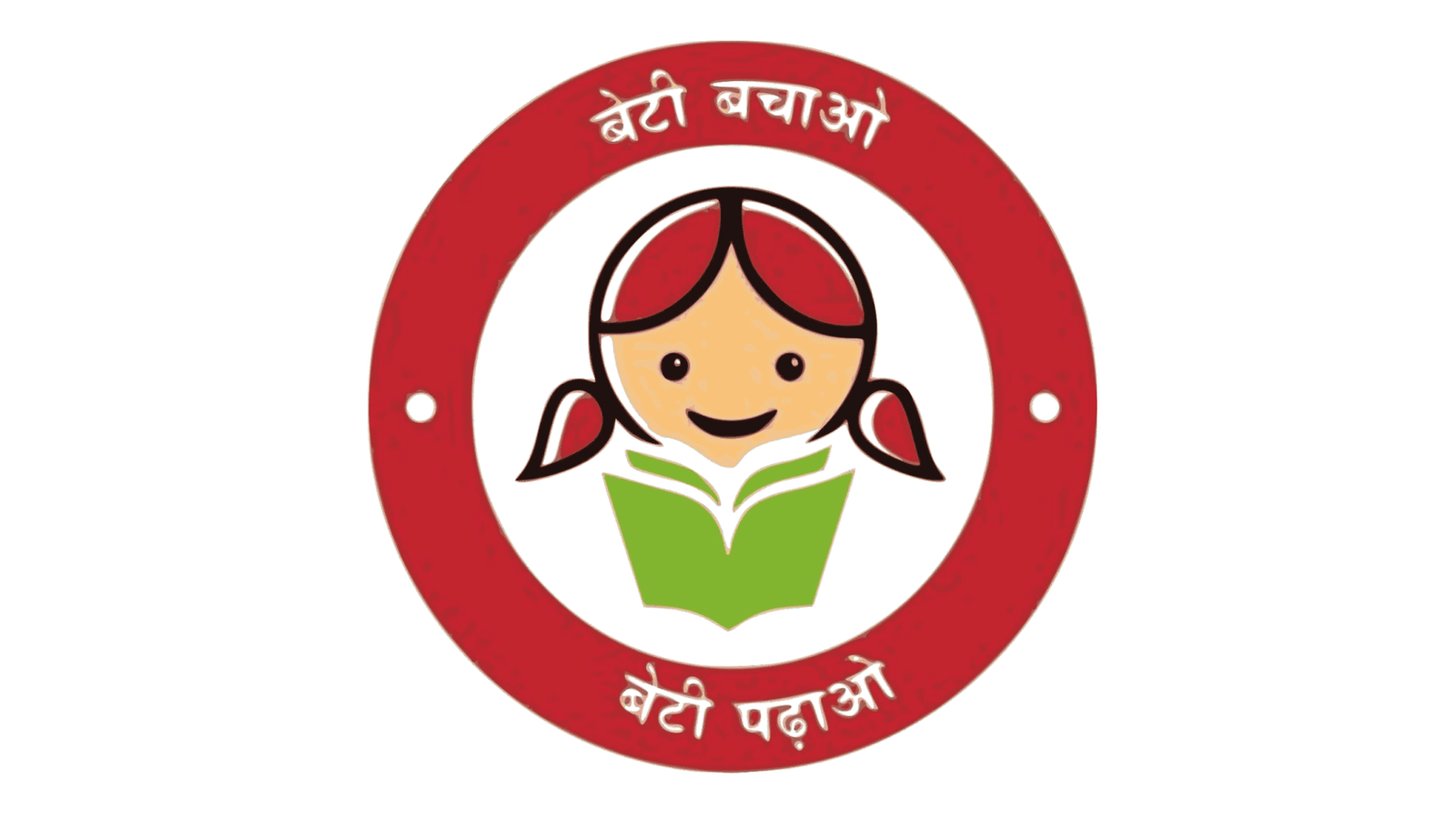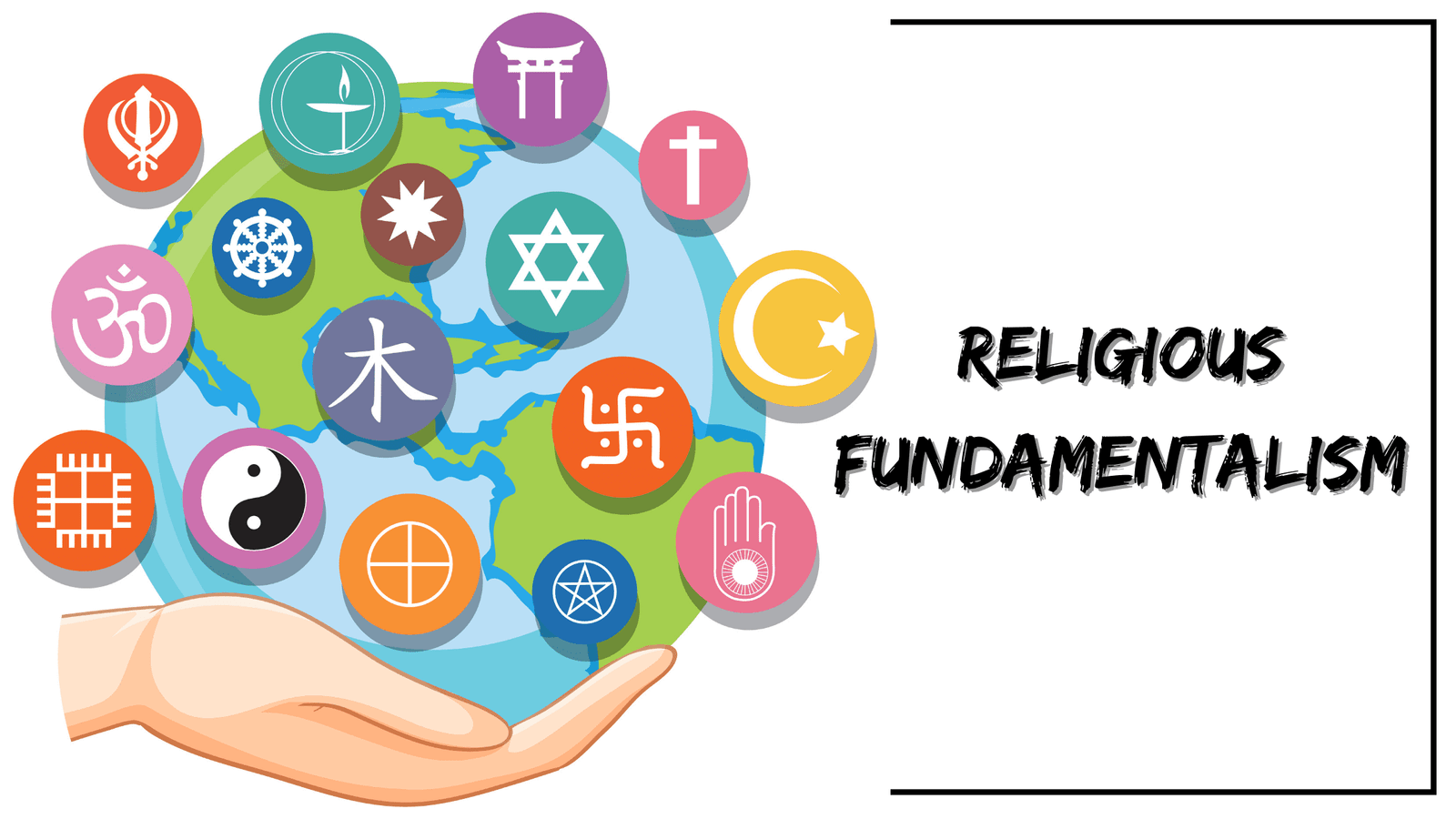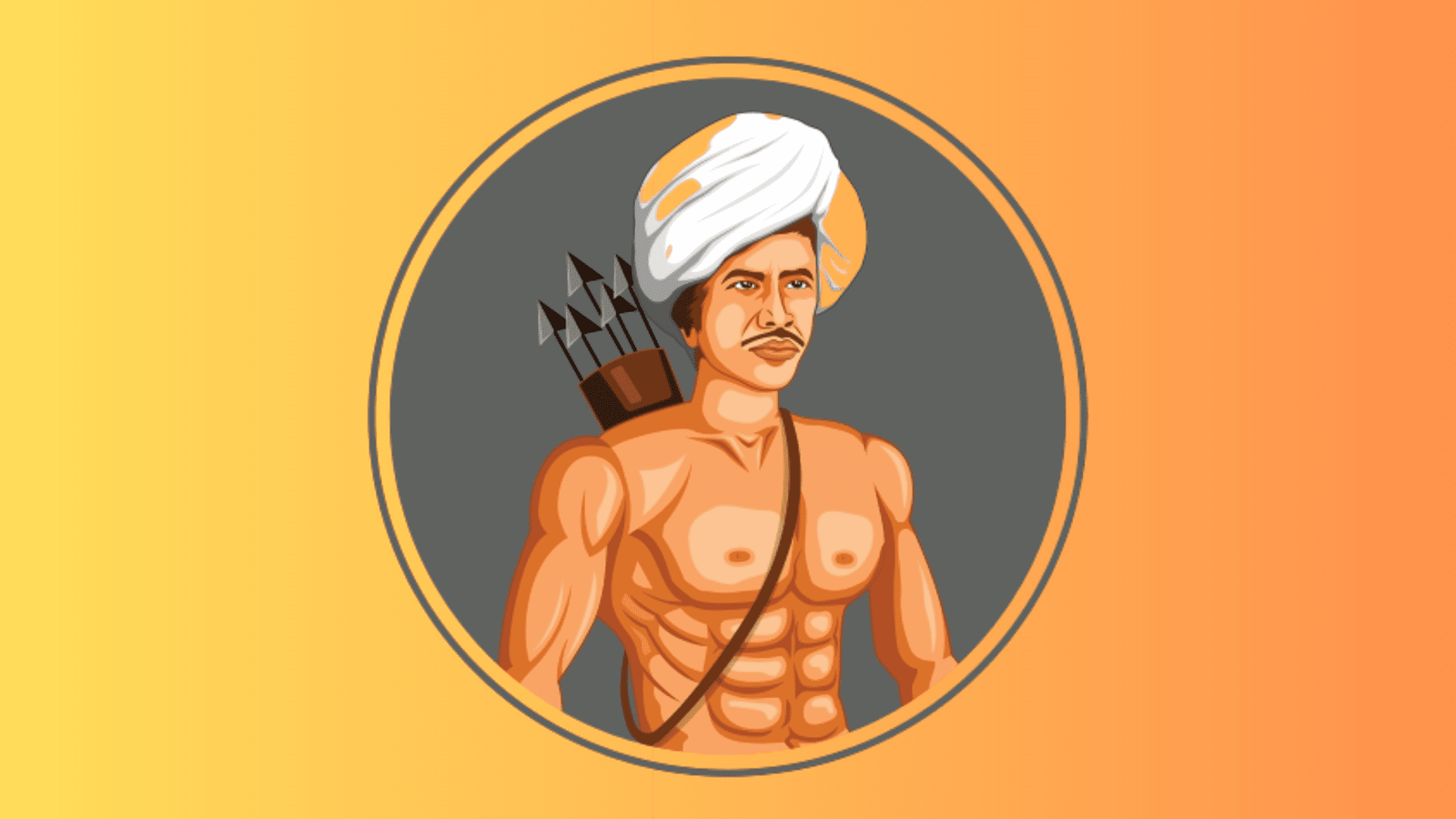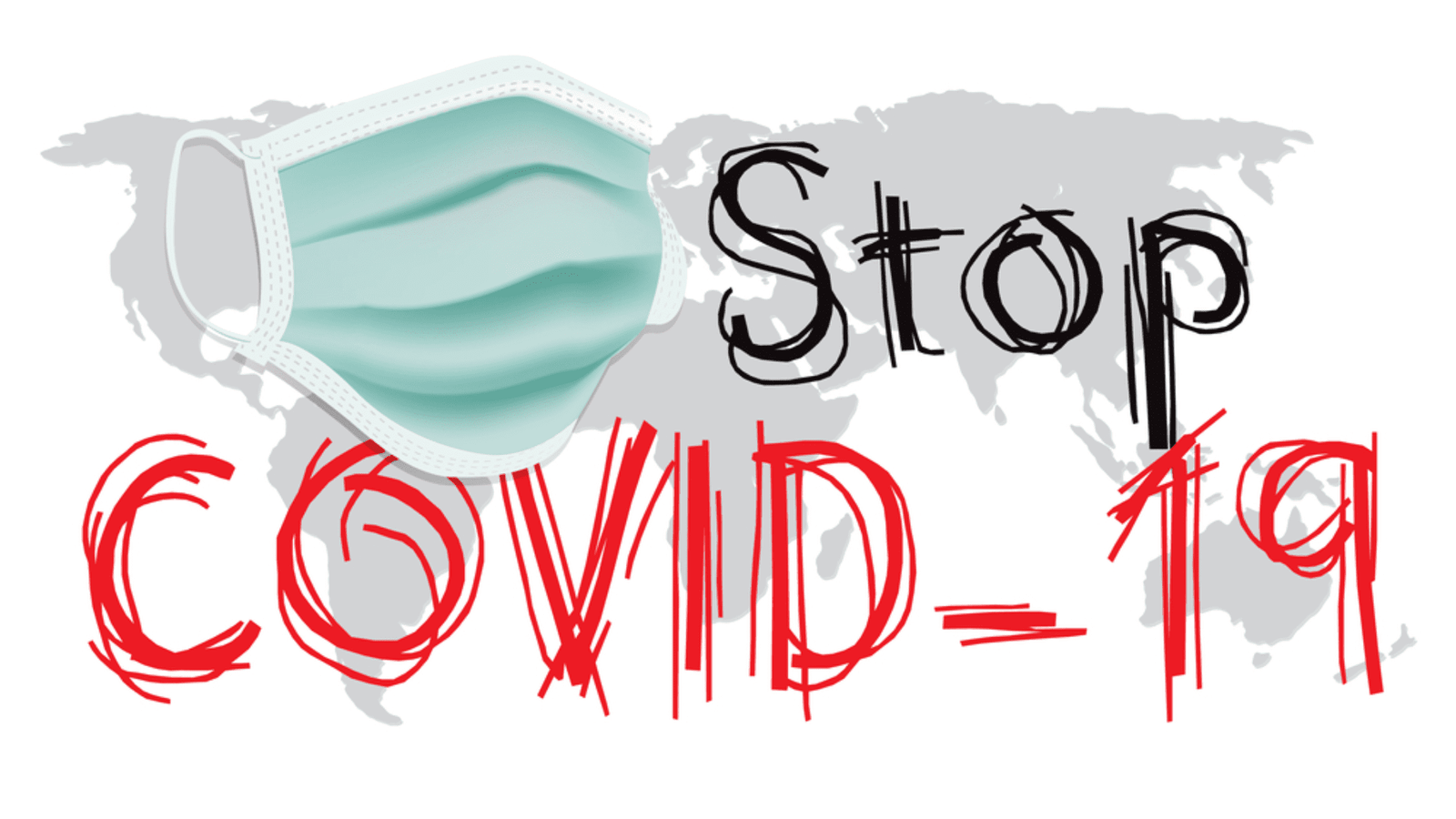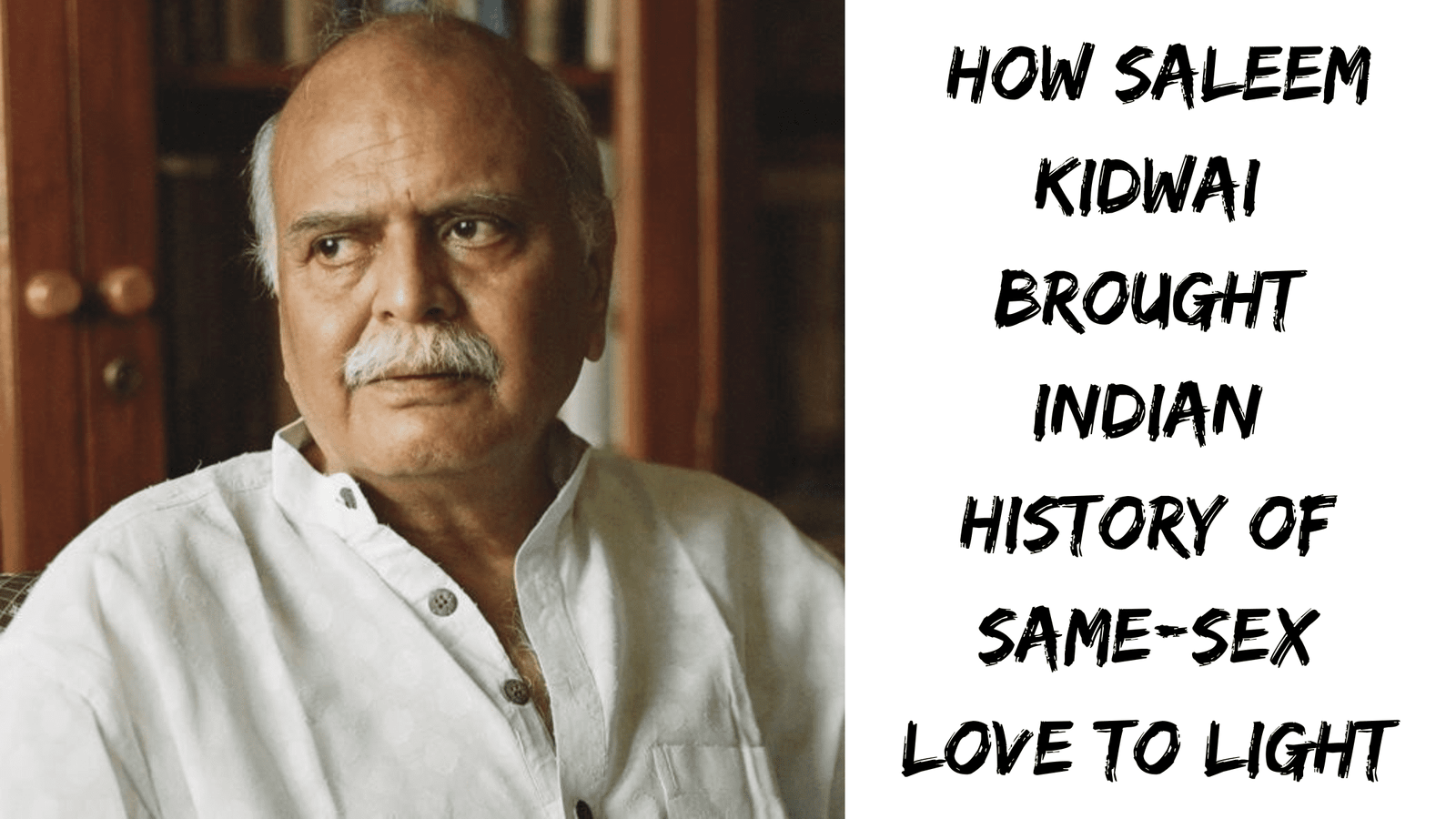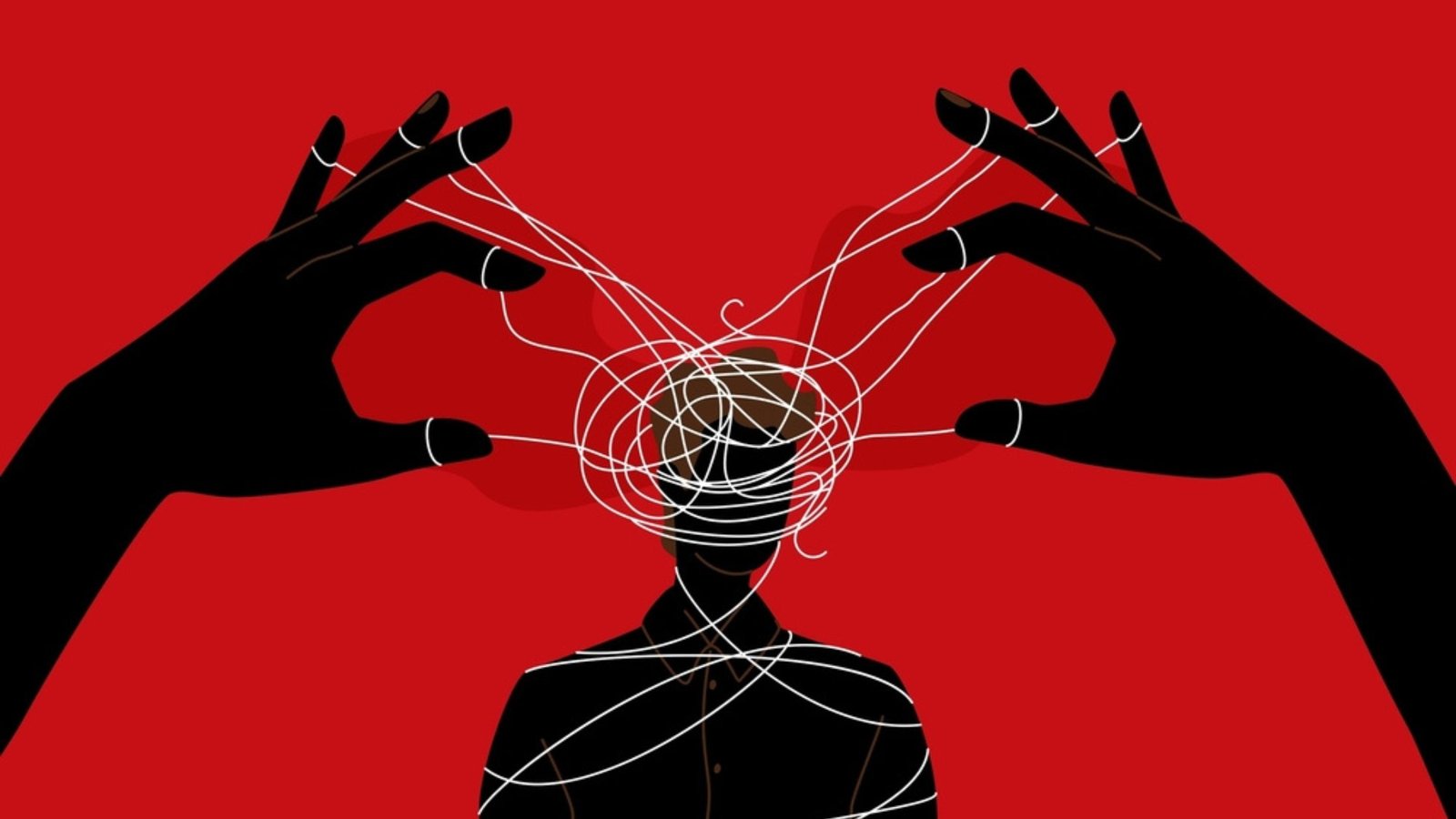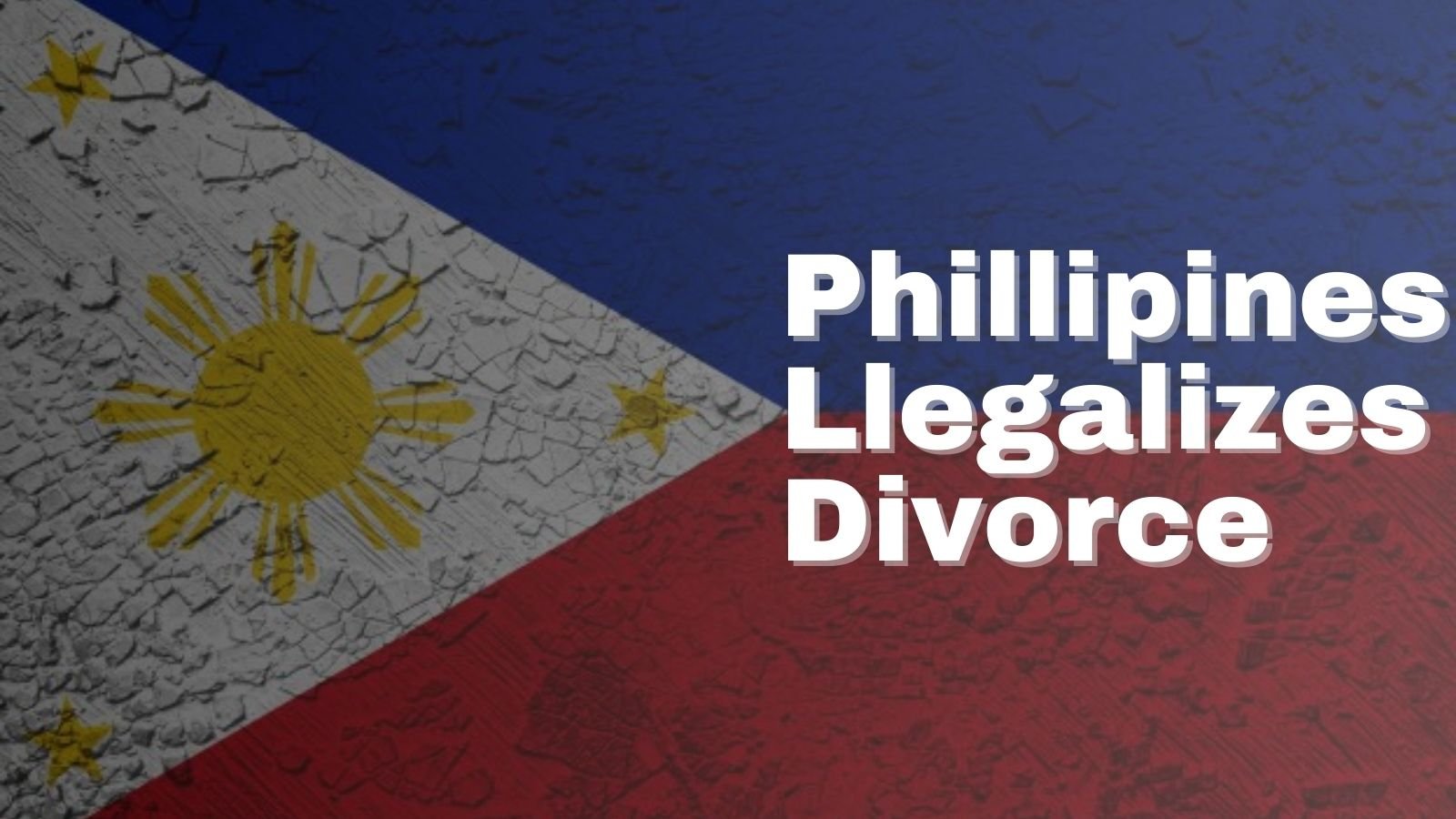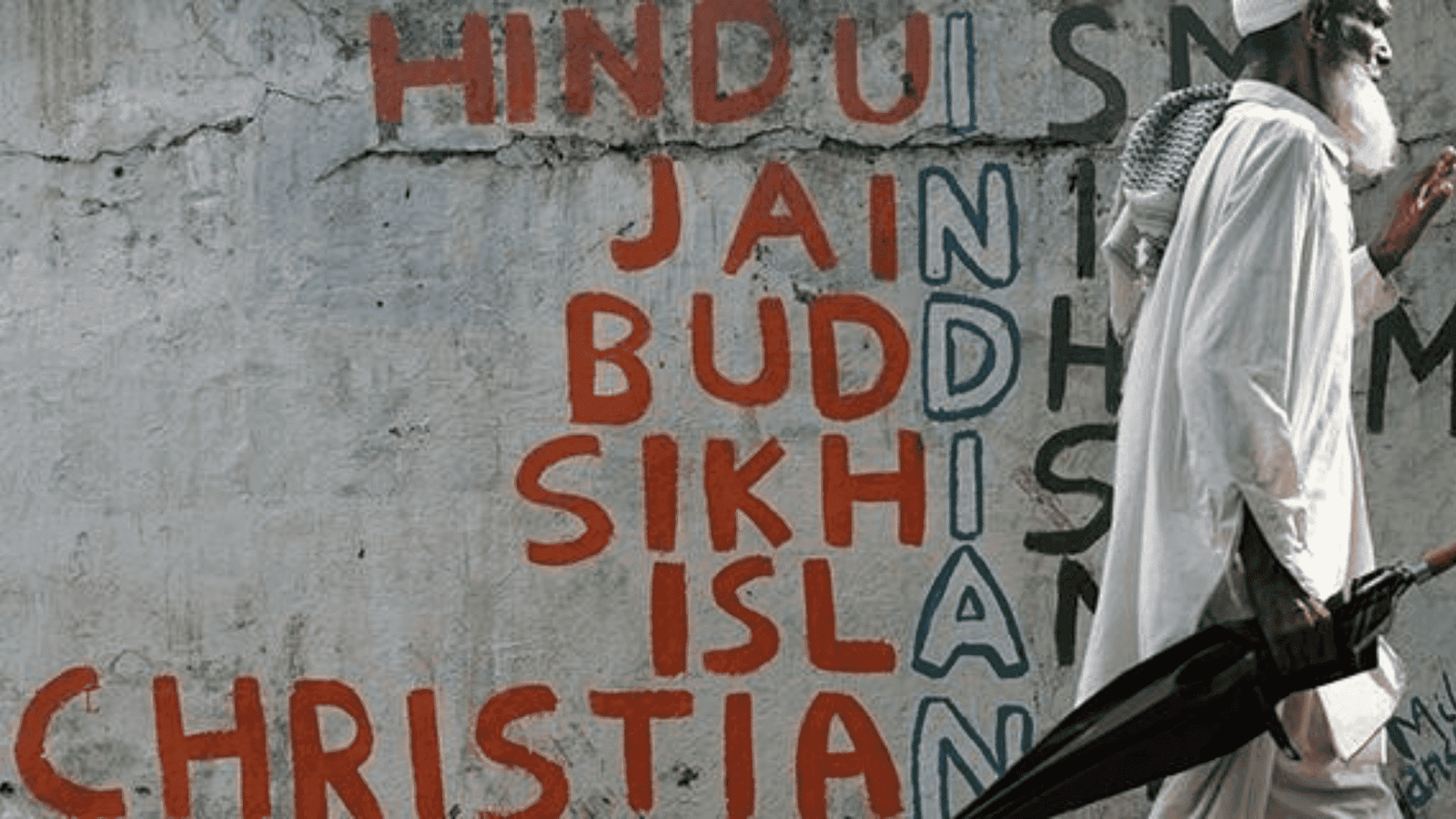
The News:
A nationwide survey on religious attitudes, behavior and beliefs in India was conducted by Pew Research Centre, a nonprofit organization based in Washington DC.
The findings of the report:
The report found that 91% of the Hindus believed that they have religious freedom. Also 89% of Muslims and Christians said they felt free to practice their religion. The comparative figures for Sikhs, Buddhists and Jains were 82%, 93% and 85% respectively.
80% of the Hindus believed that respecting other religions was an integral aspect of ‘being a Hindu’ and not merely a civic duty. 79% Muslims deemed religious tolerance as an essential aspect of their religious identity.
Shared beliefs cut across religious barriers as 77% of Hindus said that they believed in Karma, an identical percentage of Muslims reiterated the belief.
Relatively few Indians (13%) had mixed friends circles.
On the question of inter-religious marriages, most Hindus (67%), Muslims (80%), Sikhs (59%) and Jain (66%) felt it was very important to stop the women in community to marry outside the religion.
64% Hindu said that it was very important to be a ‘Hindu’ to be ‘truly
Indian’. Interpretation of the report:
The report highlighted the fact that Indians cutting across religions valued religious freedom and tolerance. They also share a common belief system cutting across religions.
However, they are not great at integration. The report observed that “In India, a person’s religion is typically the religion of that person’s closest friend”. Majority of Indians are also opposed to inter religious marriages and many have reservations about sharing the neighborhood with members of other religions.
The PEW research came to the conclusion that India is a unique kind of plural society which is neither a melting pot (where immigrants are encouraged to infuse into the dominant culture), nor a salad bowl (where immigrants retain their own characteristics while infusing into the society).
It is more of a thali, which has a selection of separate dishes served on a platter. Sociological Debates on Secularism and Religious tolerance:
Upadhyay and Robinson write that there are four strands of debates on secularism and religious tolerance in India, namely: Classical, soft Hindu state, Hard Hindu position and attempts to go beyond secularism and religion.
The classical position is the Nehruvian idea of secularism which believes in leaving aside identities and participating in the modernist project.
The second position is propagated by sociologists like TN Madan, which talks about attachment to religious identity and its acknowledgement in public sphere. This is the ‘soft Hindu state’ of secularism.TN Madan believes that India cannot survive as a secular state because recognition of secularism as a social and political value is limited.
Hard Hindu position includes the vision that problematizes secularism.
Ashish Nandy thus writes that ‘secularism is dead’ because there is a gap in theory and practice of religious tolerance.
Upadhyay believes that “the challenge of actualizing it through concrete social, political, economic and educational measures is an enormous task”.
